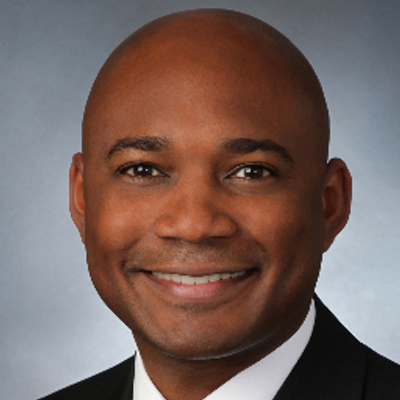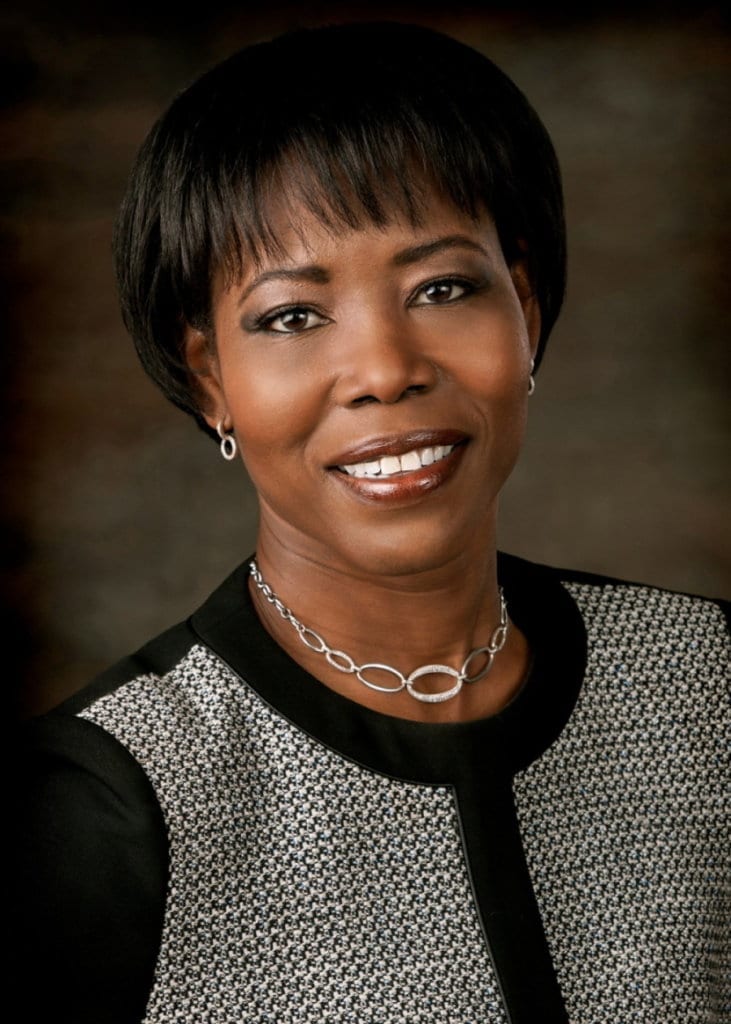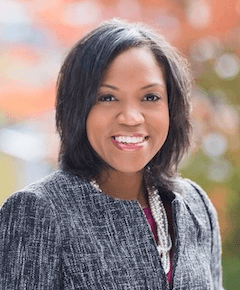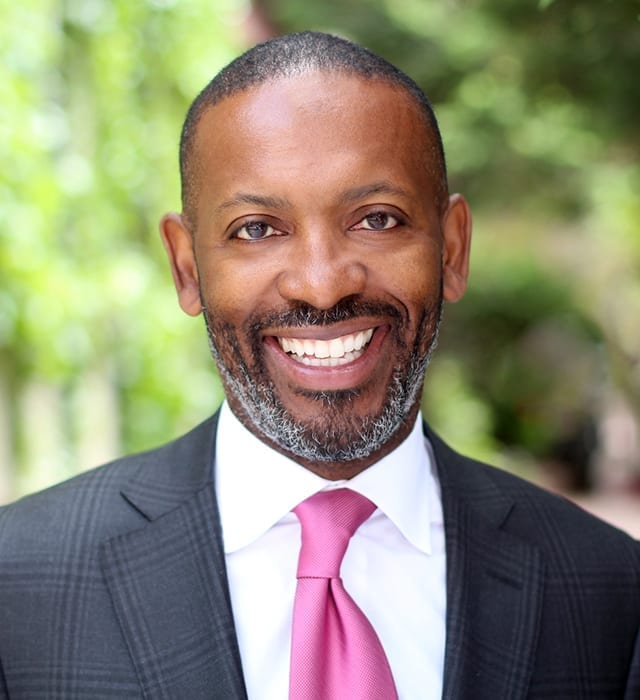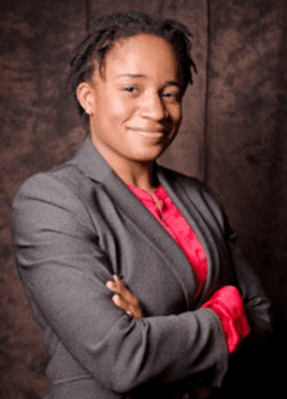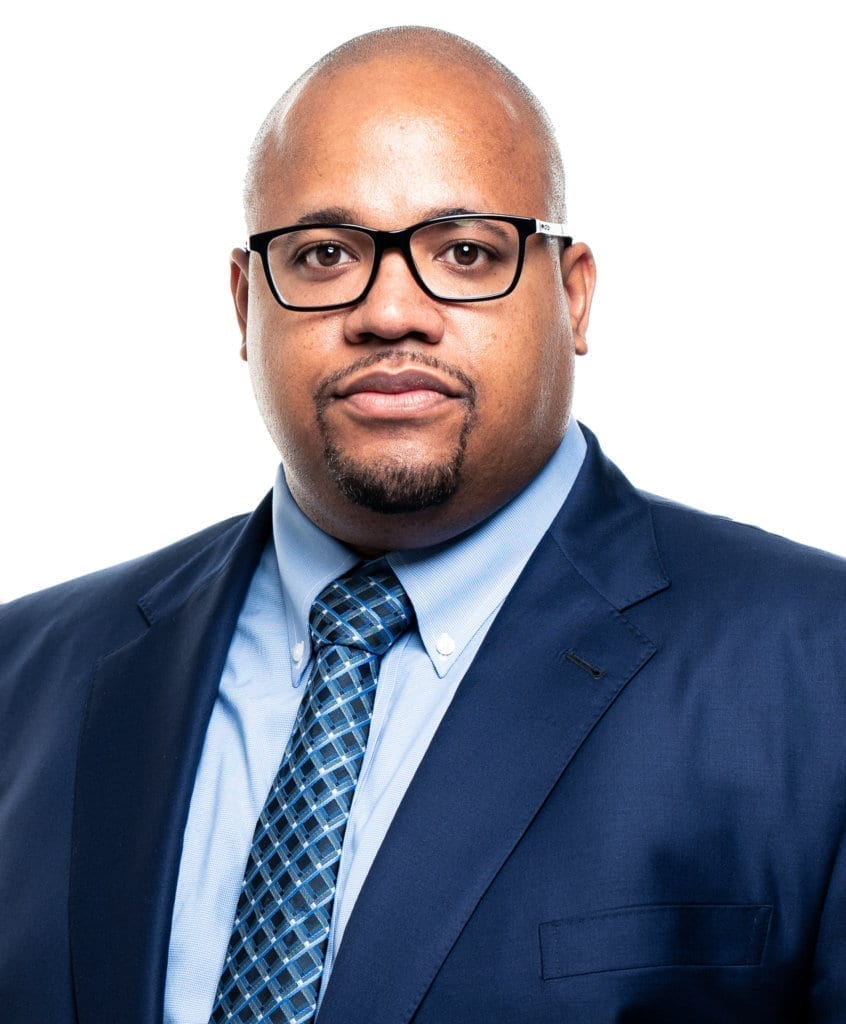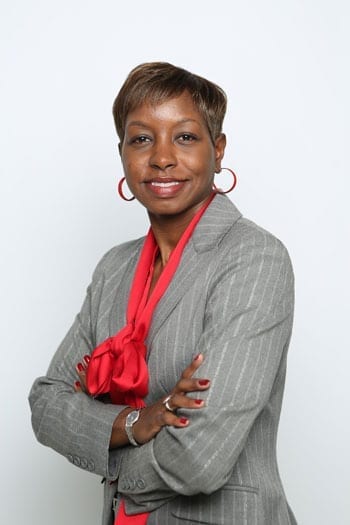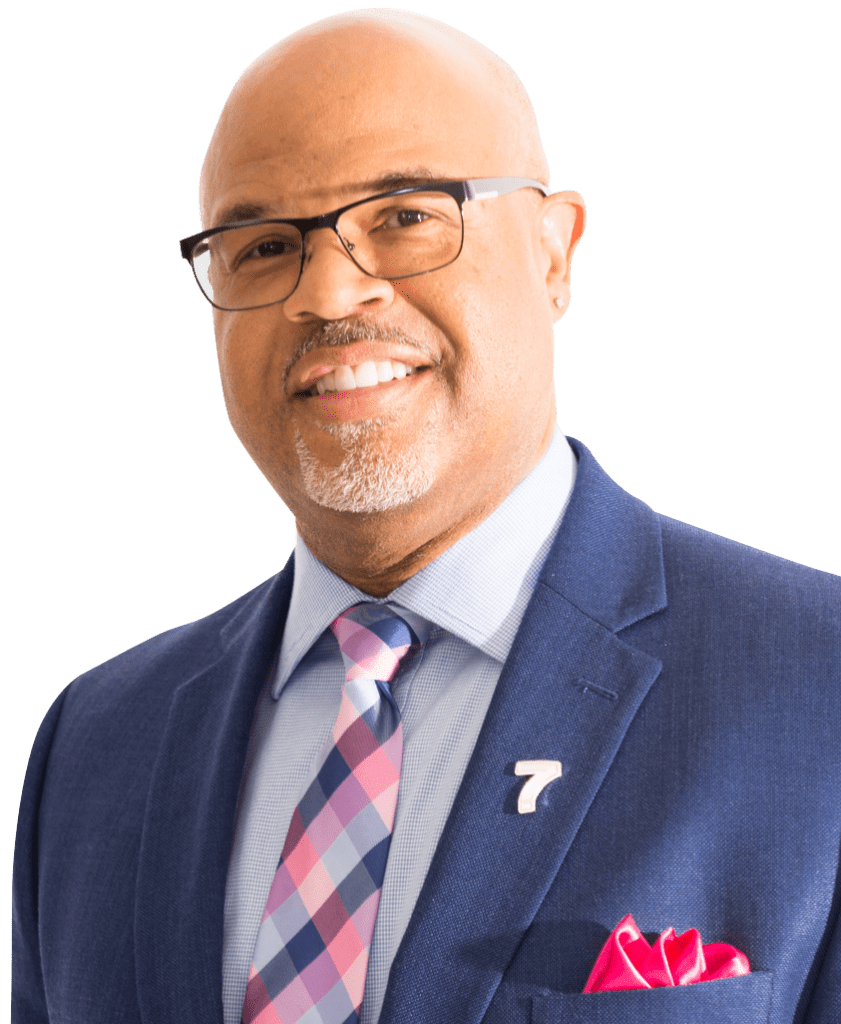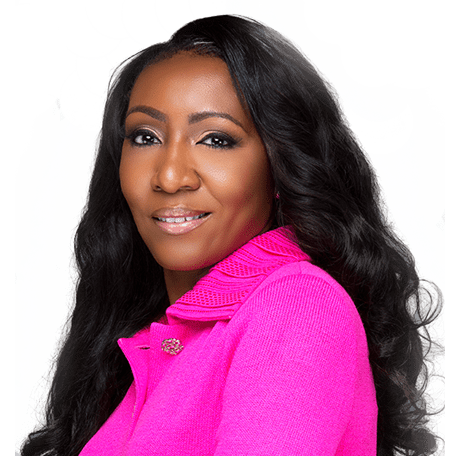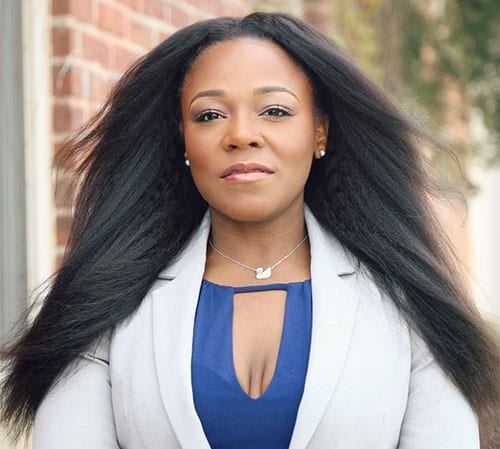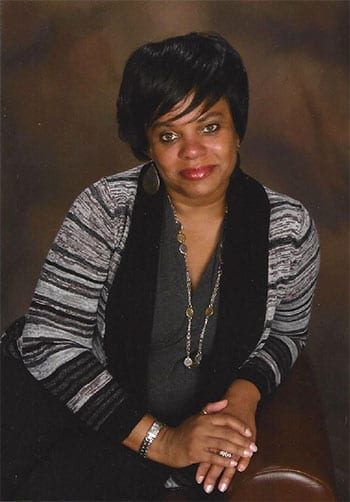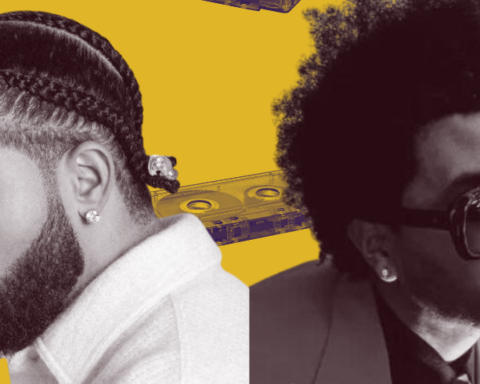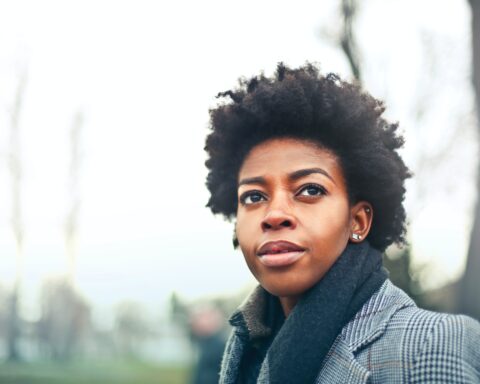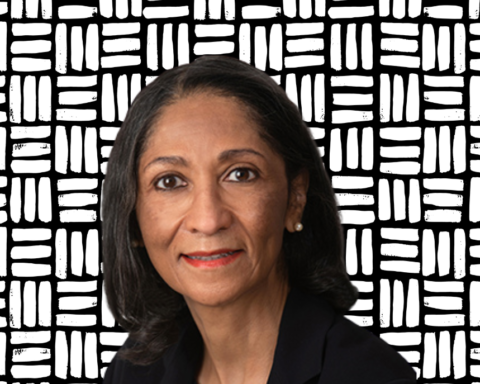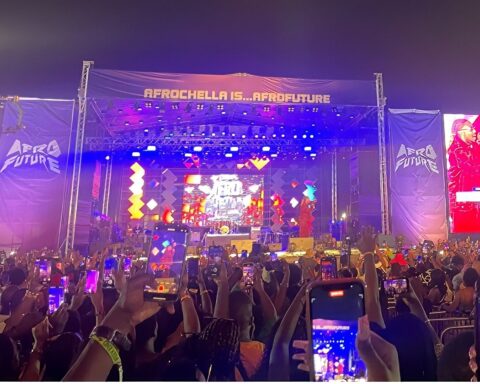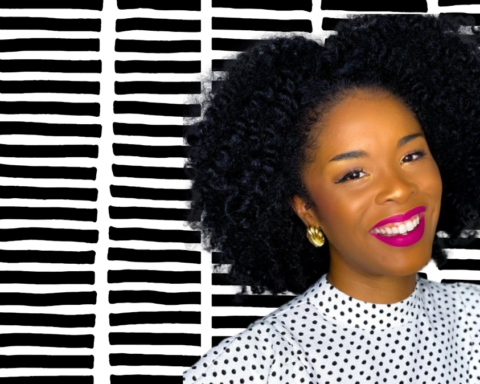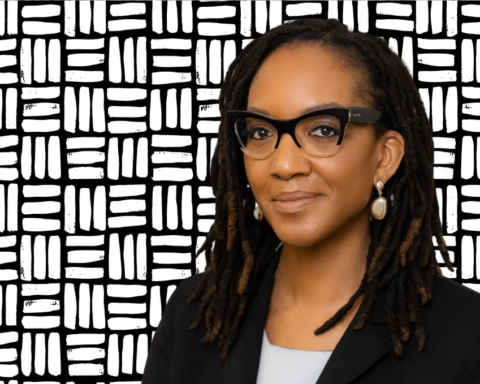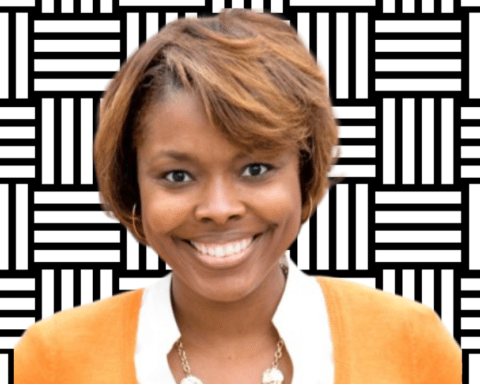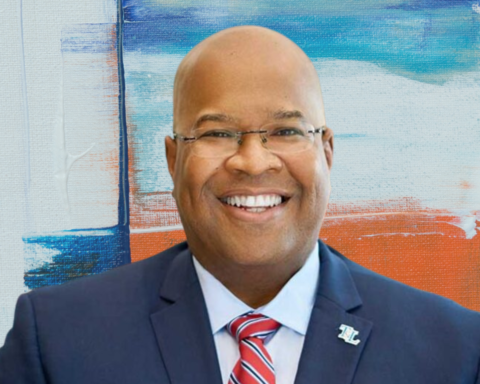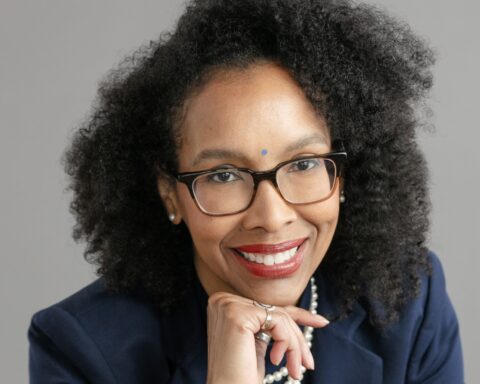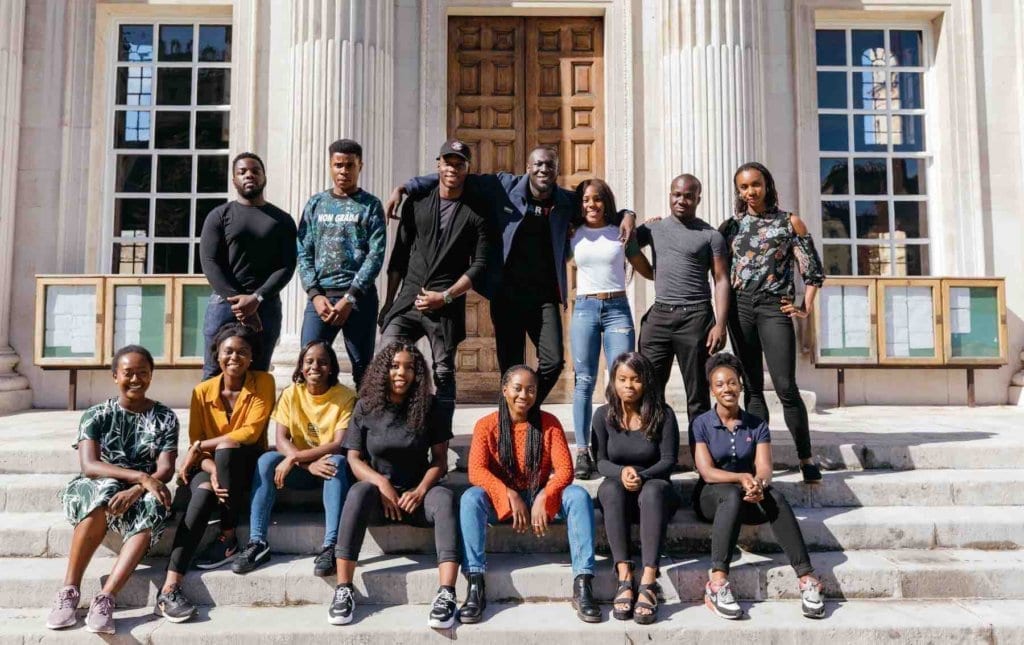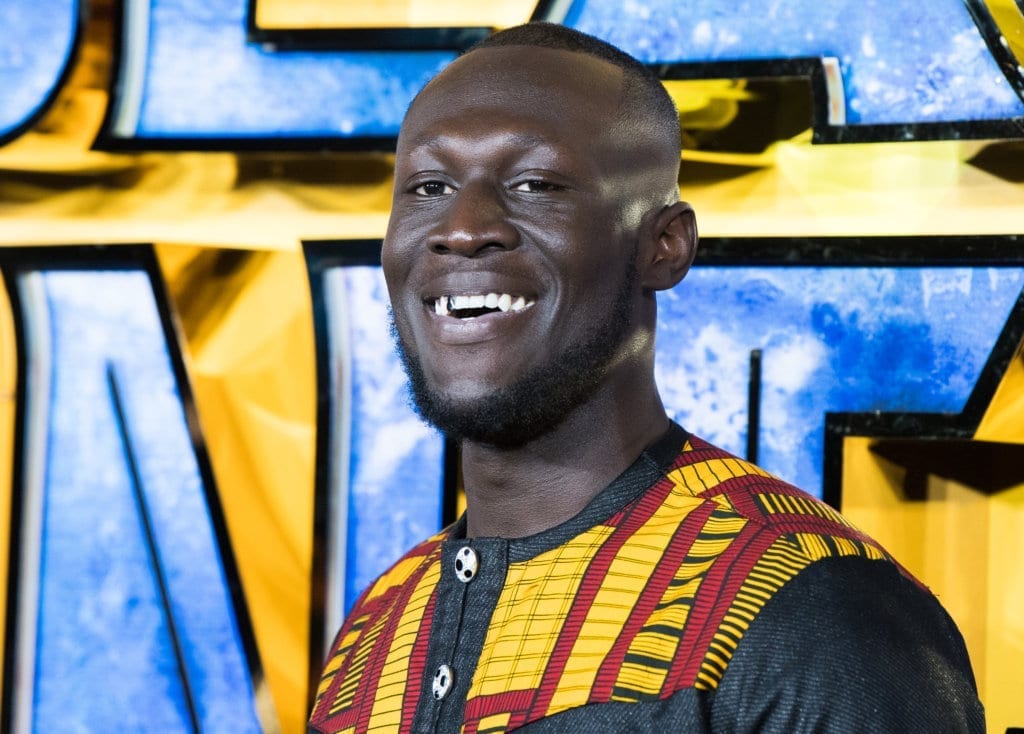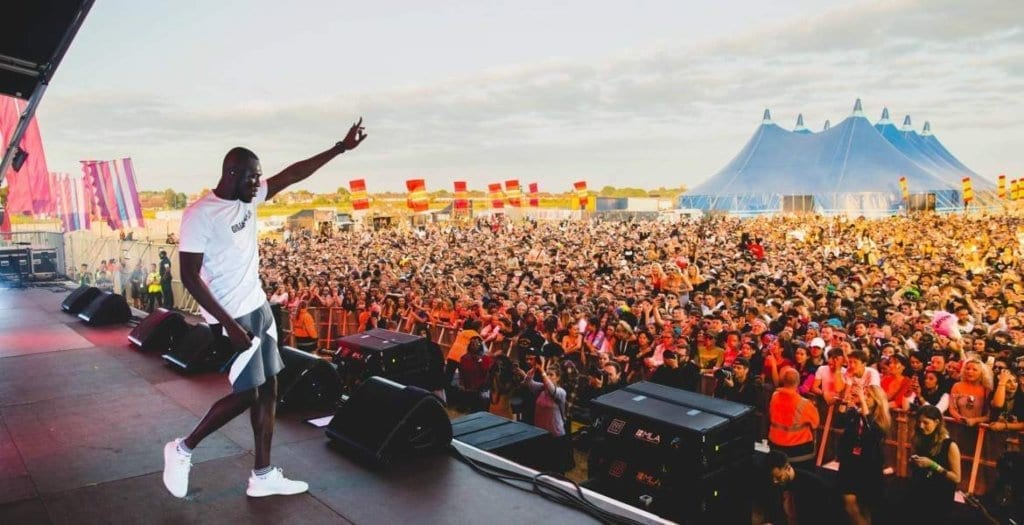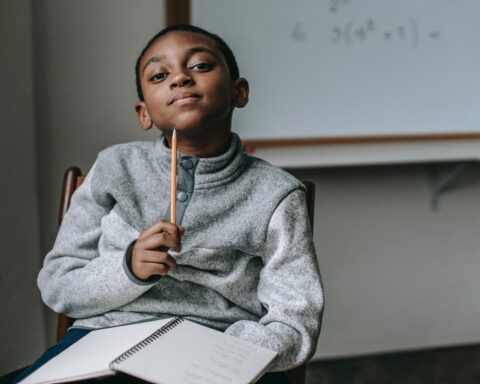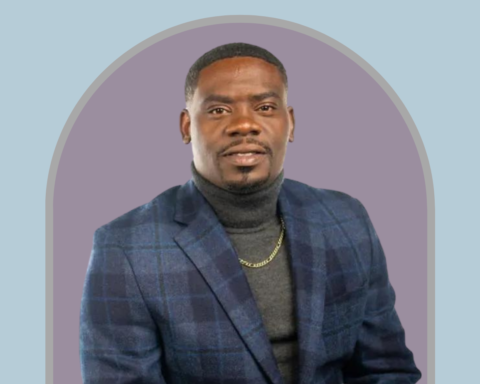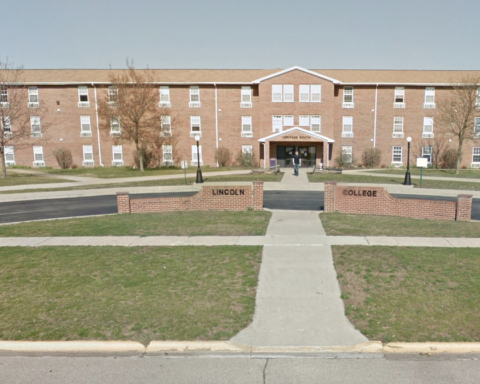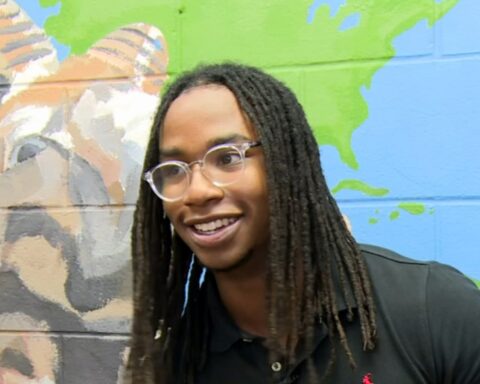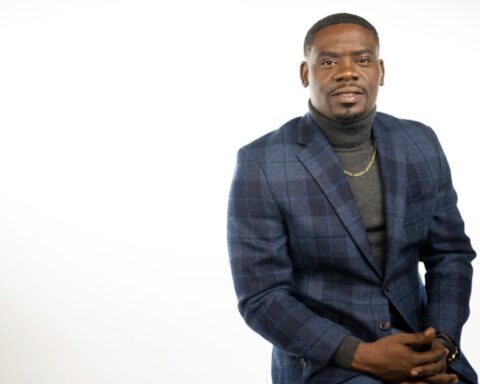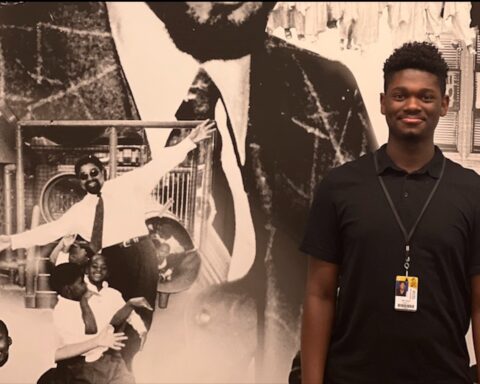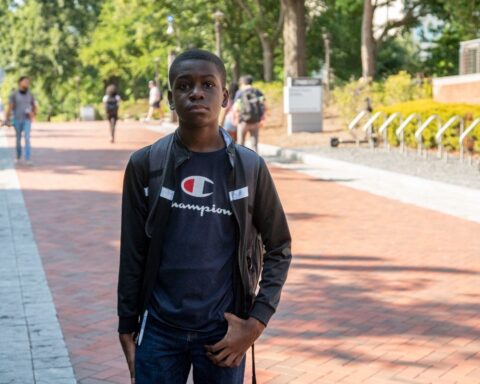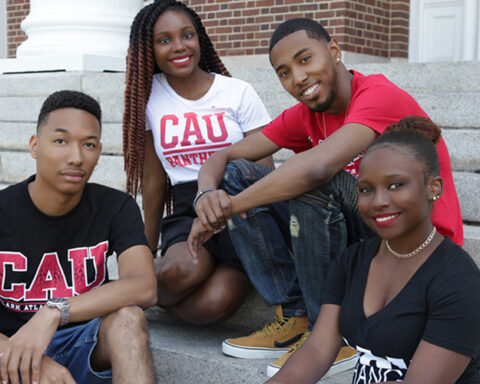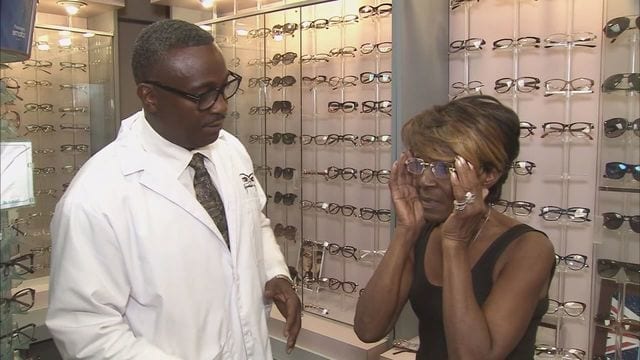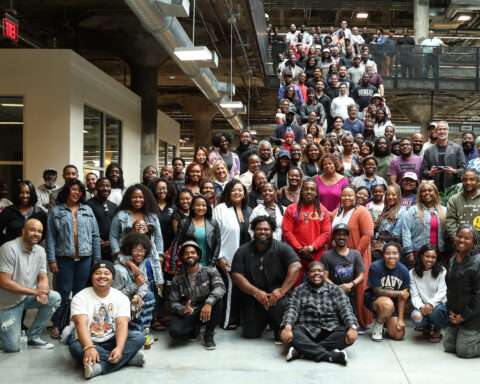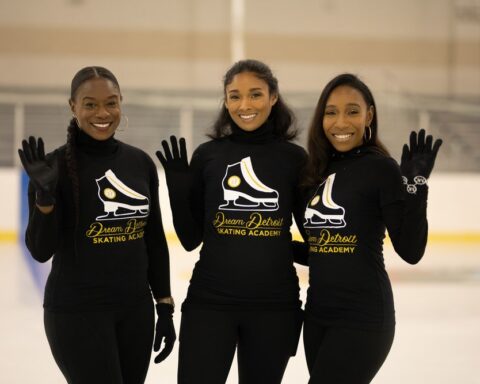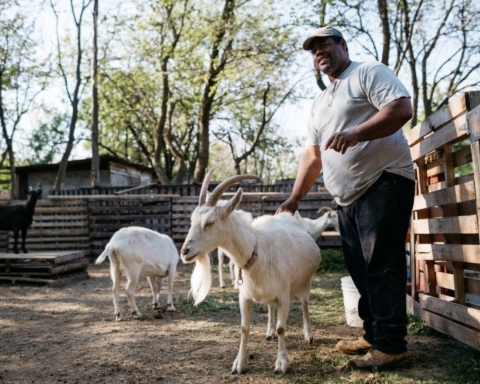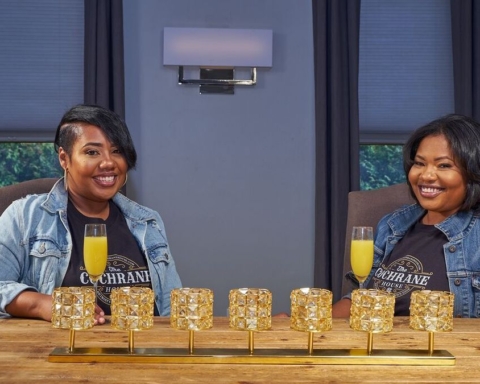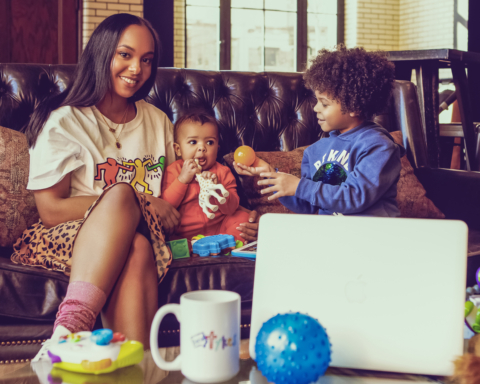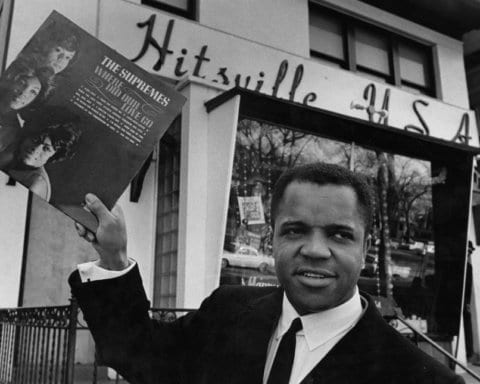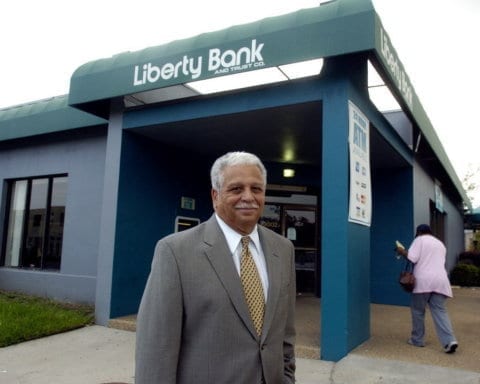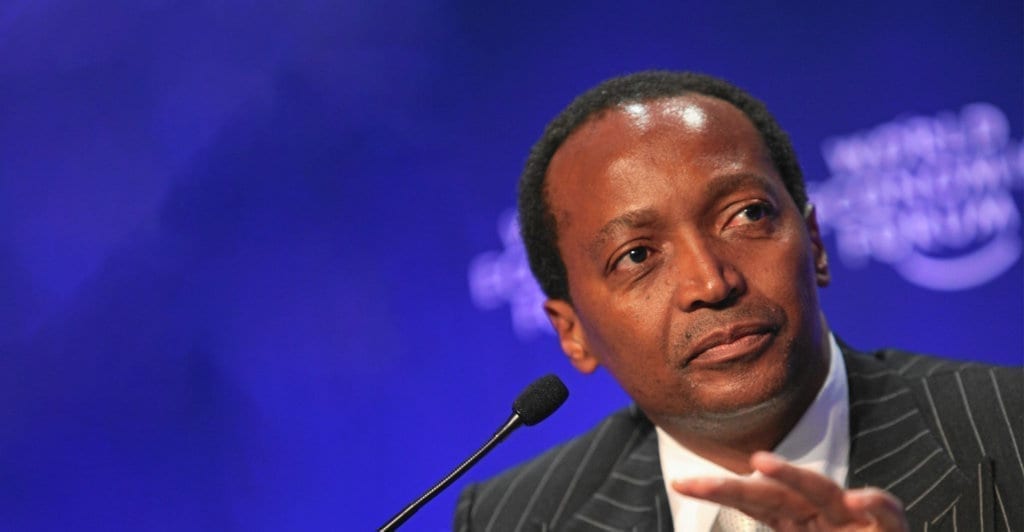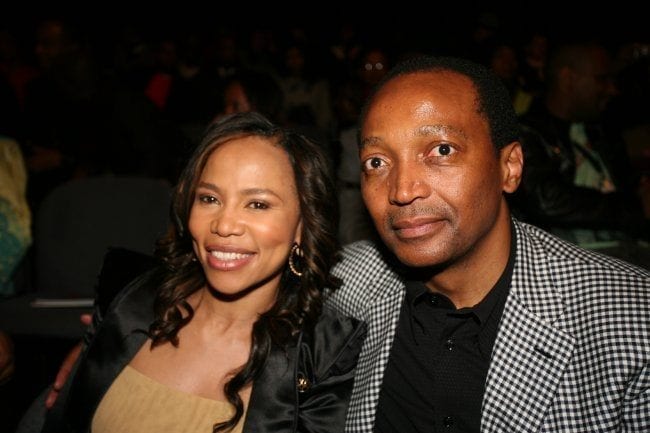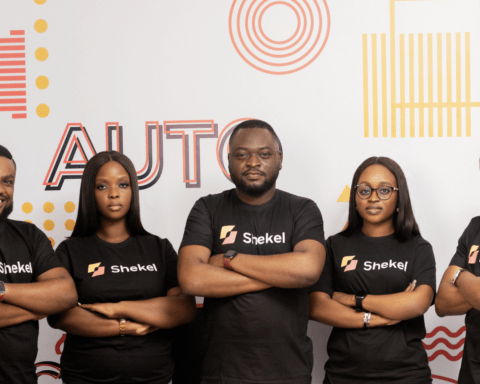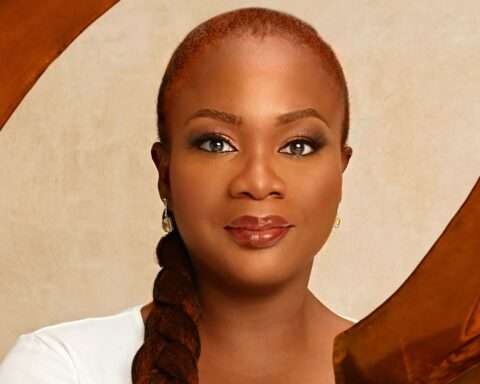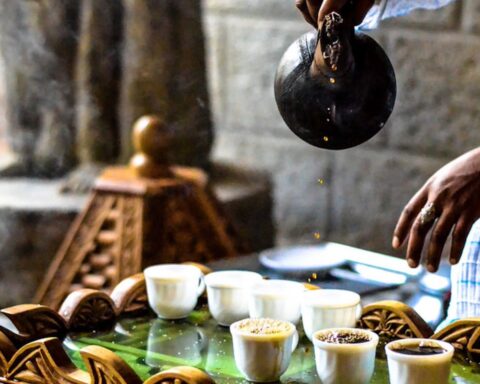$80Mil and no Will? Here’s why I’m not surprised that Aretha Franklin didn’t have a will.
We lost our beloved Aretha a week ago and, in addition to grieving the loss of the Queen of Soul, we are dumbfounded that she has a purported estate worth $80 million and no will.
As an estate planning attorney, I am not surprised that Ms. Franklin did not have a will. Seventy percent of Americans do not have wills. Why would someone with an abundance of wealth be any different from the rest of us?
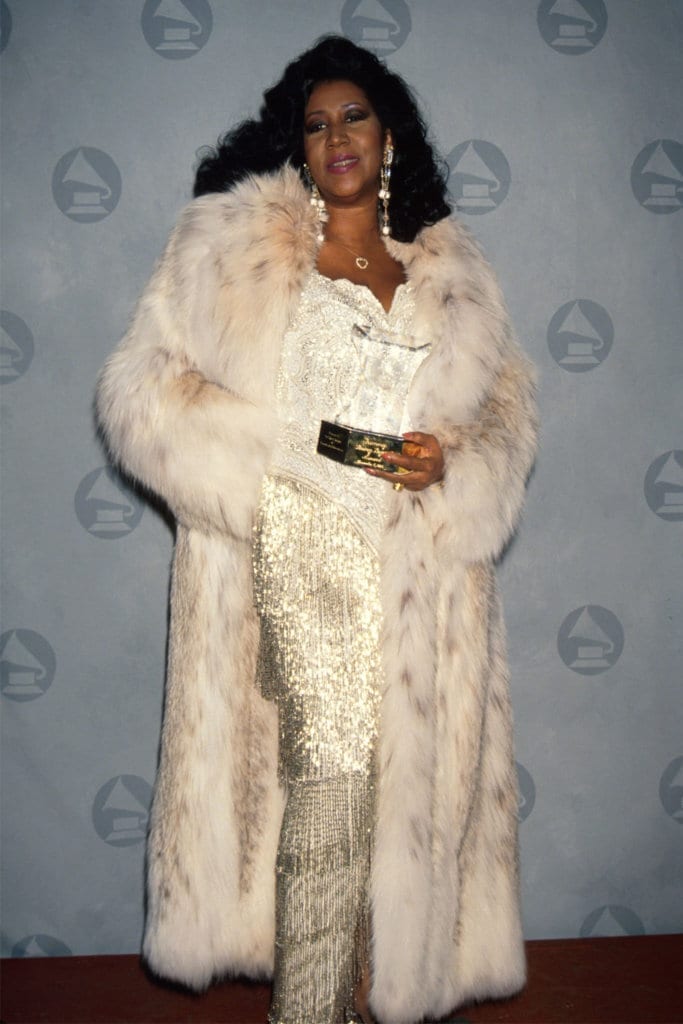
One possibility is that Ms. Franklin had similar misgivings about our legal system as our other legend, Prince, who also did not have a will. In fact, lots of people have a significant distrust of the legal system. The Black community has especially great cause for mistrusting a system plagued by systemic racism.
Another possibility is that Ms. Franklin believed that her estate, despite the size, was simple. She was not married and had four kids as her heirs. They will each receive a one-fourth share of her estate. That’s simple. Yet another possibility, one that I often hear from people I educate about estate planning, is that planning for your death will hasten your death, i.e. if you talk about it, it will happen.
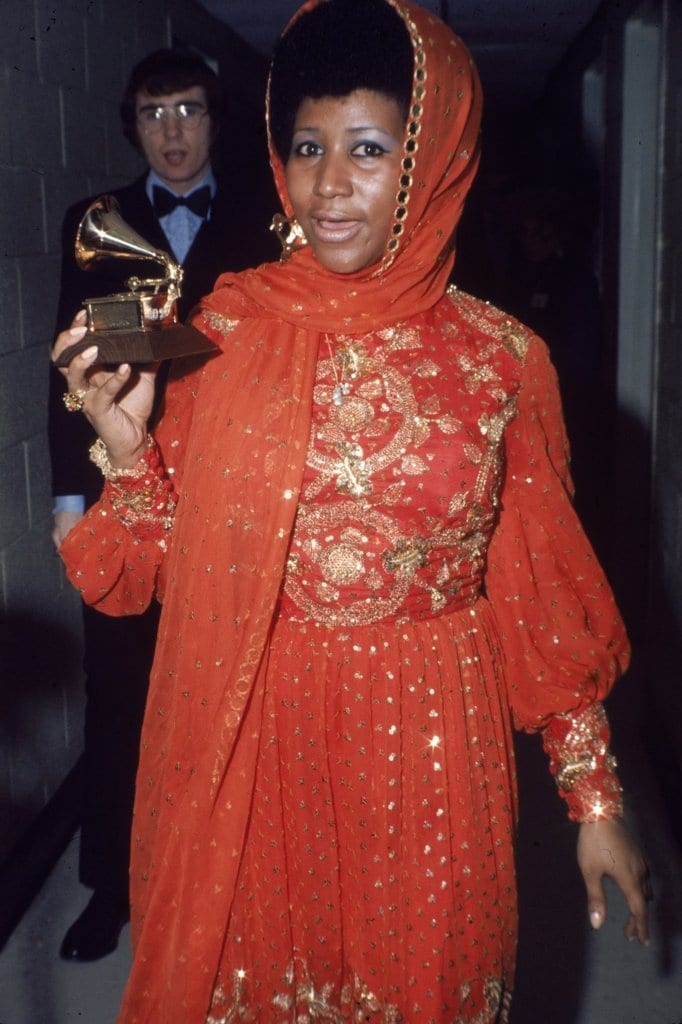
Any one of us who uses the aforementioned reasons as an excuse for not creating an estate plan is simply demeaning ourselves, whether we are wealthy or not, whether we are a celebrity or everyday person.
Systemic racism definitely exists in our legal system. The rationale that you should not have an estate plan because of this is actually ironic because, in failing to create a customized plan for yourself, you ensure that same system will dictate what happens to you and your stuff. Boom! For those of us who believe we have simple lives that don’t necessitate hiring a lawyer to create an estate plan, this is simply not true.
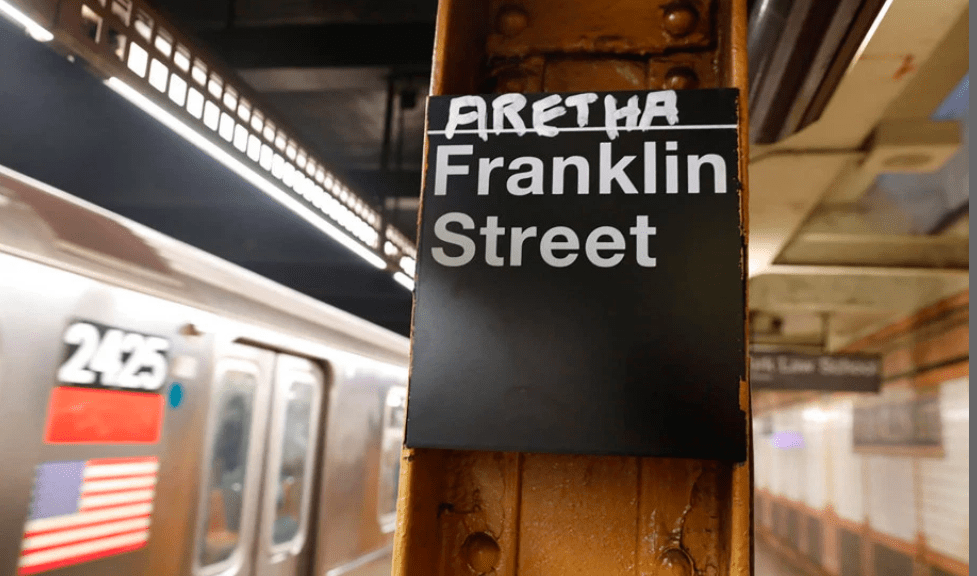
I have seen many “simple” or small estates become incredibly complex because our laws are not simple and a lot expense and conflict come up just because there was not a customized plan. And, finally, there is no proof that talking about or planning for your death will make it happen. I have never heard of anyone who has lived longer because they chose not to have a will.
So, protect yourself and your assets by getting an estate plan. A typical estate plan can cost less than $1,000 for single person and sometimes for a couple. If you pay way less or way more, you should probably consider the quality of what you are getting. The process should take 1-2 months or less. I usually meet with my clients to discuss their goals. Then I draft the documents and we meet a second time to sign them.
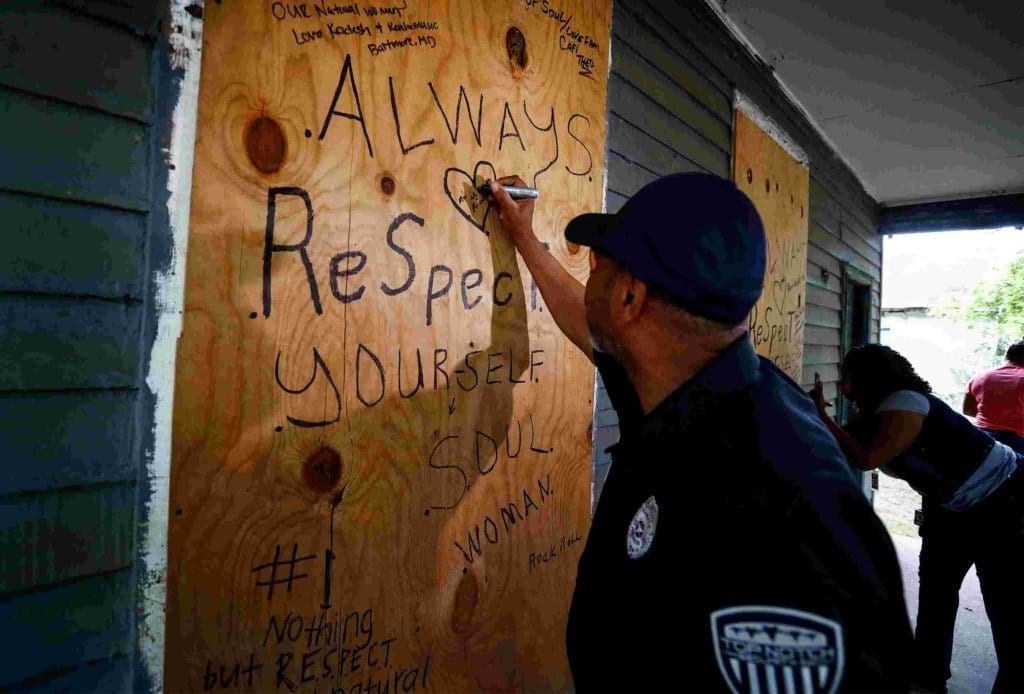
If they have questions or changes in between we discuss them. The documents you should have in your estate plan include documents that help while you are alive and documents for after you pass. Financial and healthcare power of attorney documents allow you to appoint someone to make decisions on your behalf while you are alive.
A “living will” is actually a healthcare directive in which you decide whether or not your life should be artificially prolonged if you are in a vegetative state or have a terminal, incurable condition. A will, on the other hand, is a document that appoints the person to settle your affairs when you die and allows you to decide who gets your assets and how.
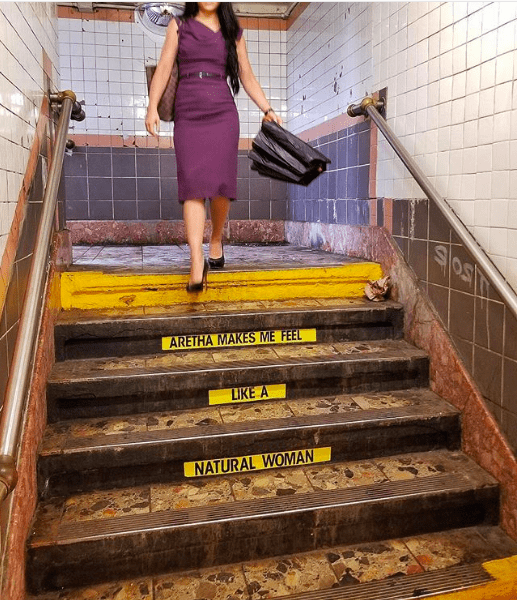
Now, people are shocked that Aretha and Prince did not have wills. They had way more money than most of us, and they definitely had way more money than the estate tax threshold, which is around $11.18 million. So their estates will be taxed at approximately fifty percent (50%). A trust would have saved most if not all of those millions of dollars that our government will get. Trusts are also beneficial for planning for Medicaid assistance and for protecting family real estate over many generations. Black land ownership peaked in the 1920s and continues to decline because of that good ole racism, but also because of no estate plans.
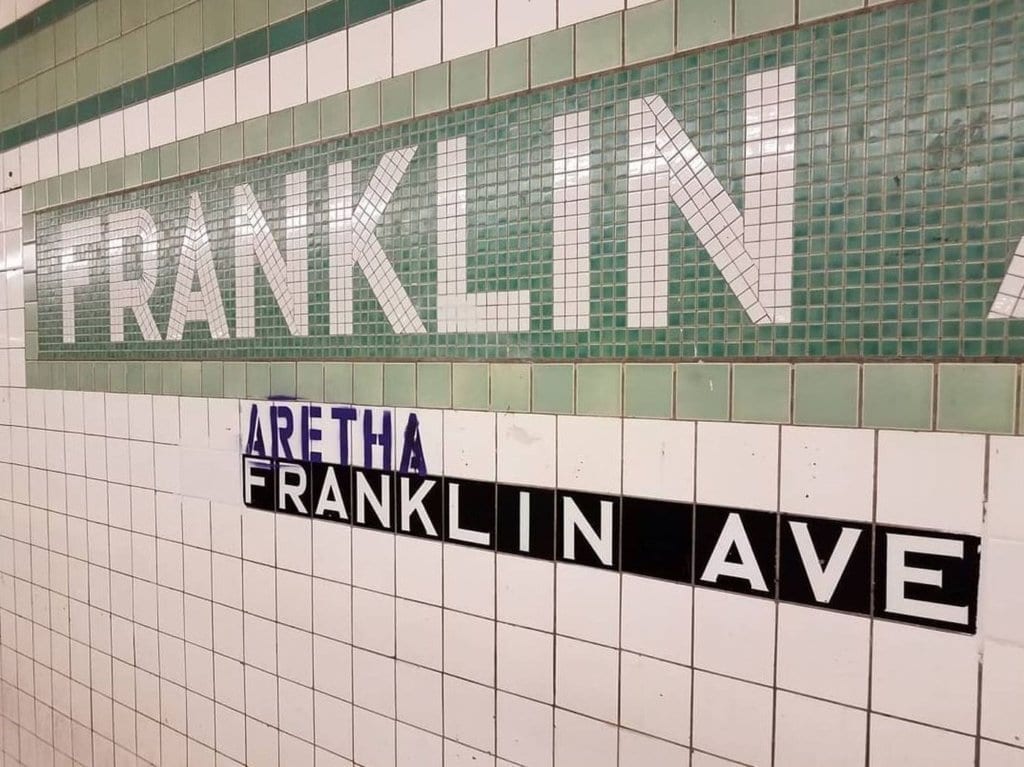
I discuss each of the documents in an estate plan in this article on Shoppe Black. If you are still not convinced you need a will or power of attorney documents, then do one simple piece of research for me. Google the person in charge of estates in the county where you live.
This may be the clerk of superior court or probate magistrate. Find the currently serving person for where you live. Take a long look at them and ask yourself if you want them to be the person making the decisions about you or your estate. I think most of us will determine that we do not!
– Contributed by Mavis Gragg
Mavis Gragg is an attorney at the Gragg Law Firm, PLLC in Durham, North Carolina where she specializes in estate planning and estate administration. She is very passionate about maintaining and growing Black wealth through sound legal strategies and problem solving. When she is not being a justice girl, she can be found at an art gallery, trotting the globe, or on the dance floor.

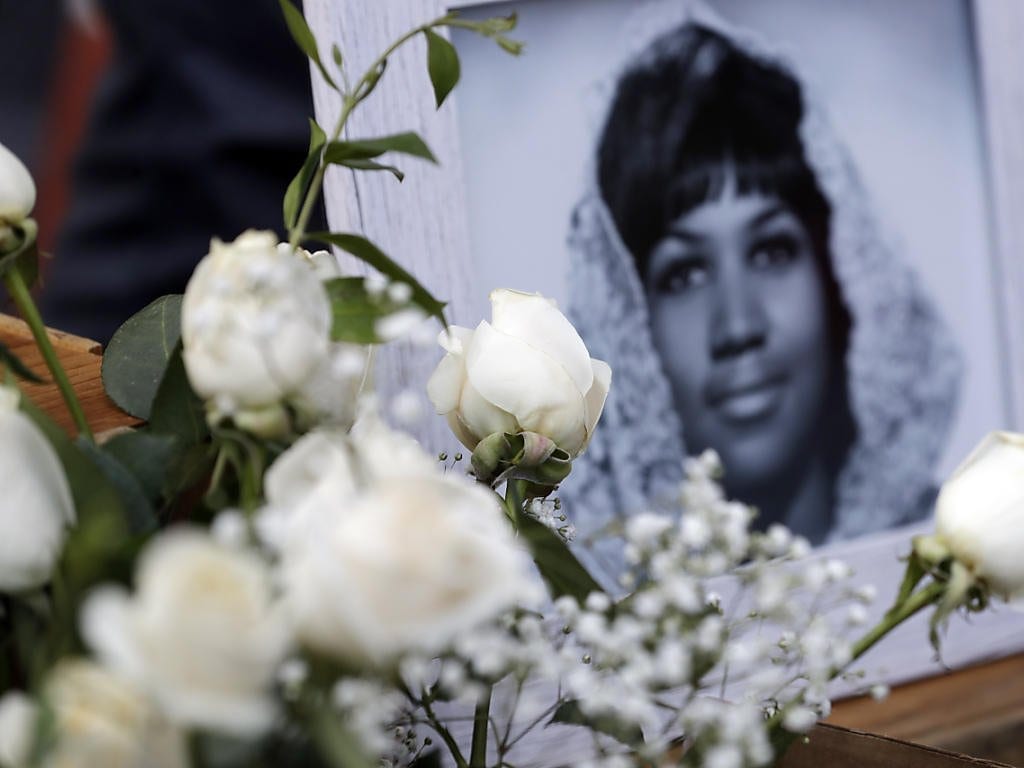
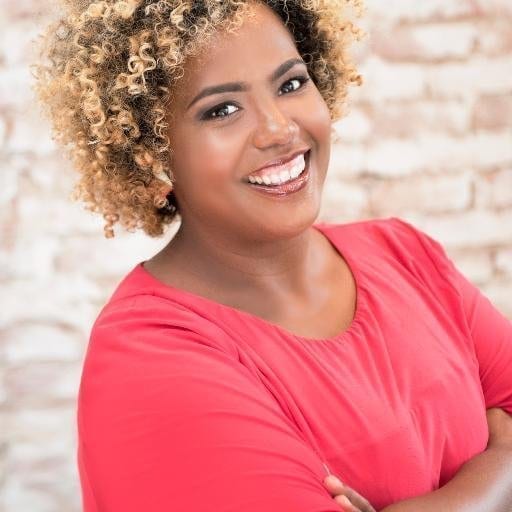

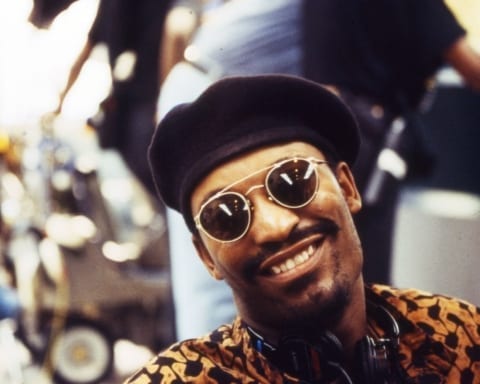
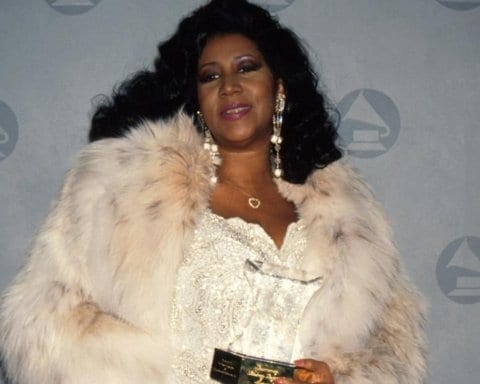


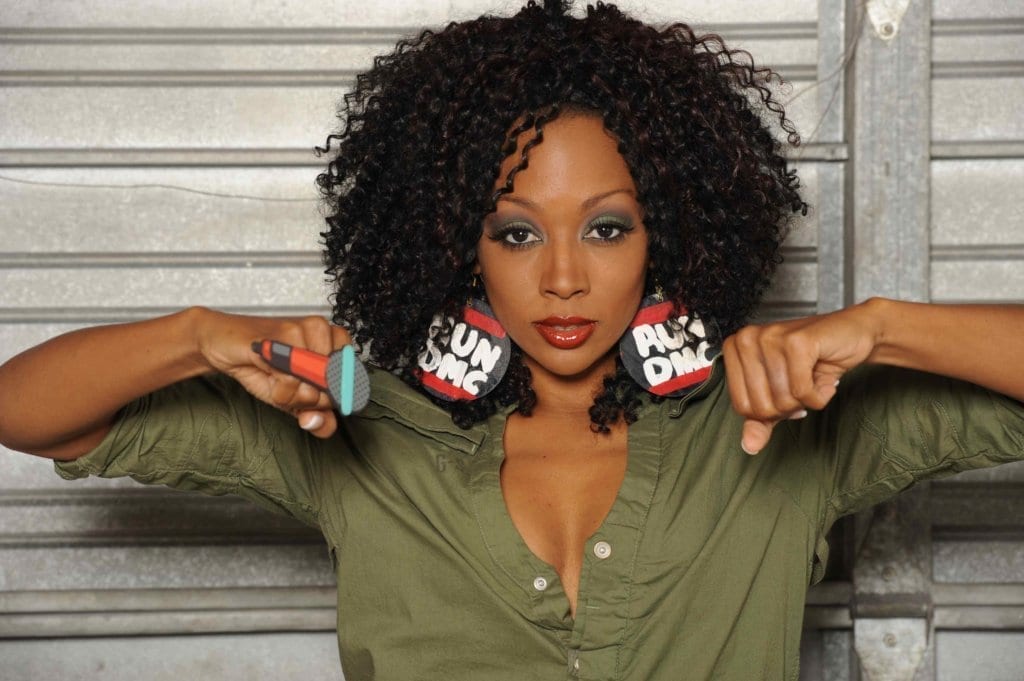

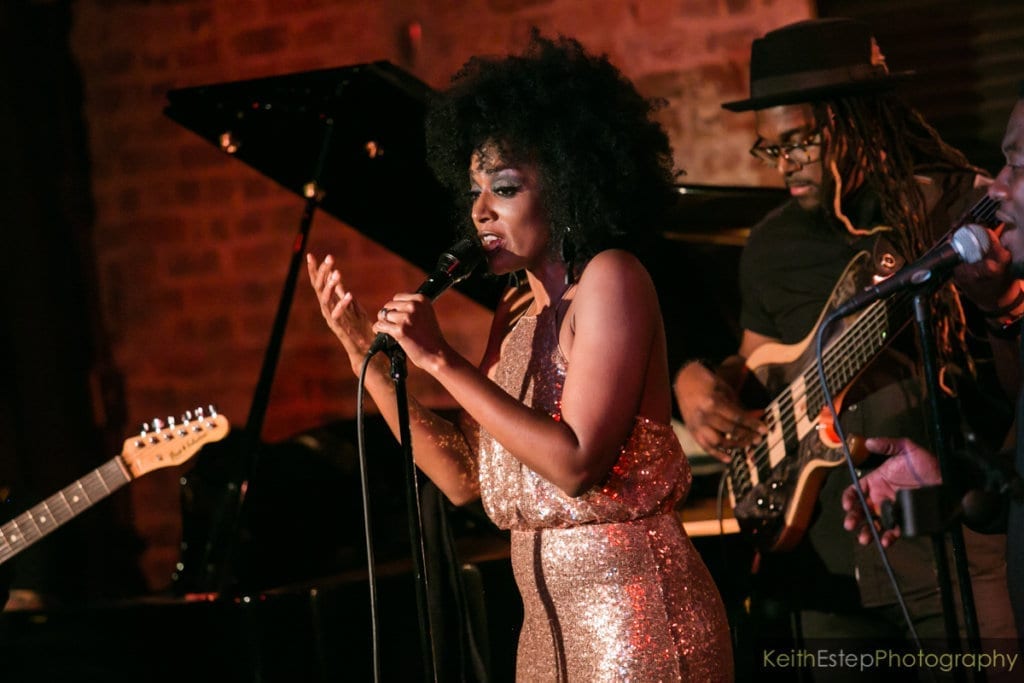

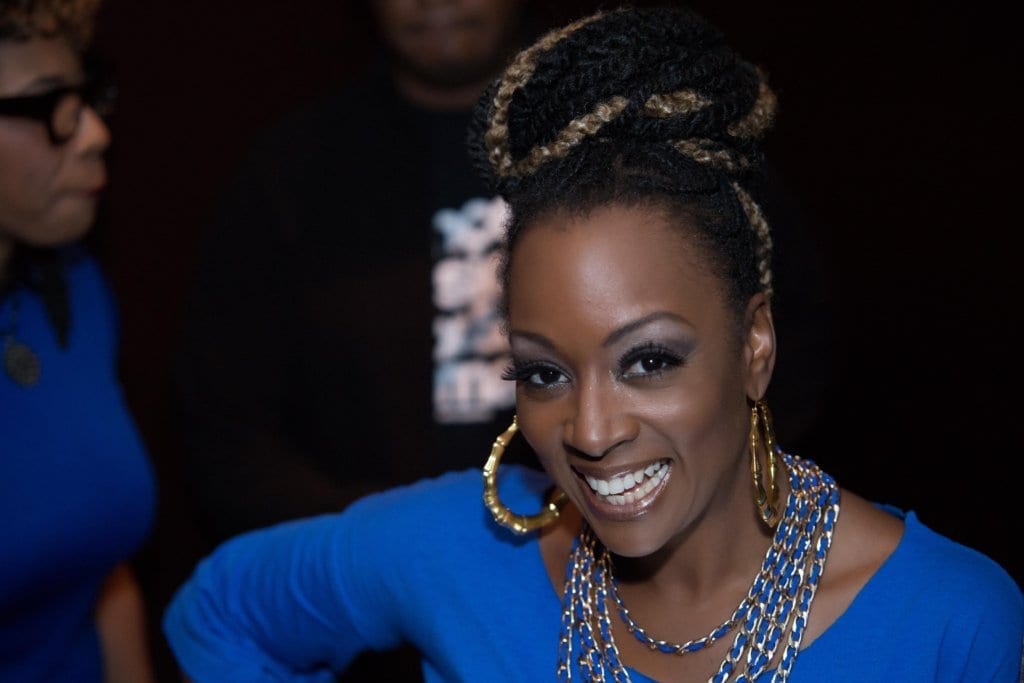
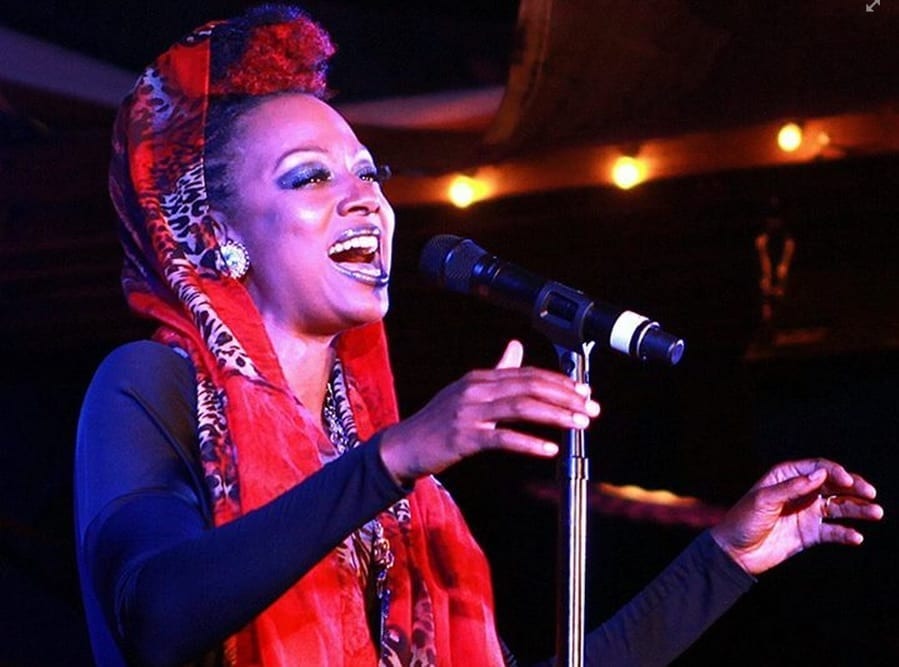
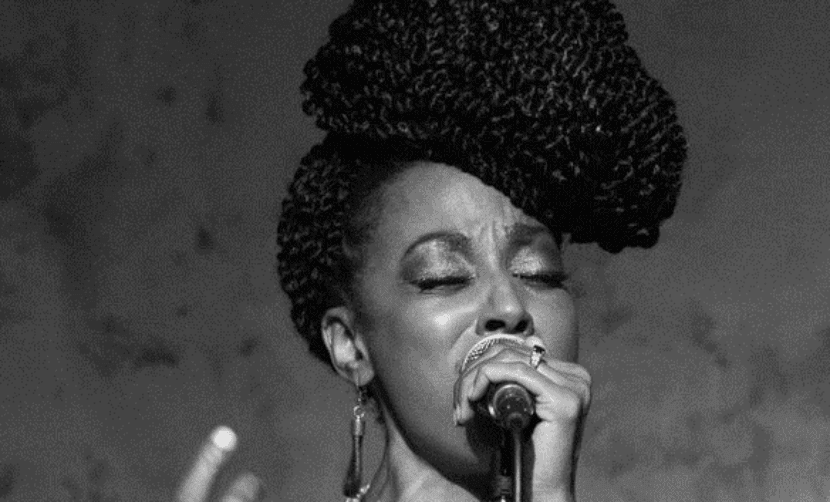

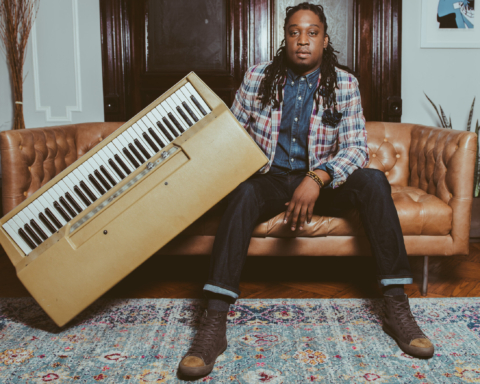
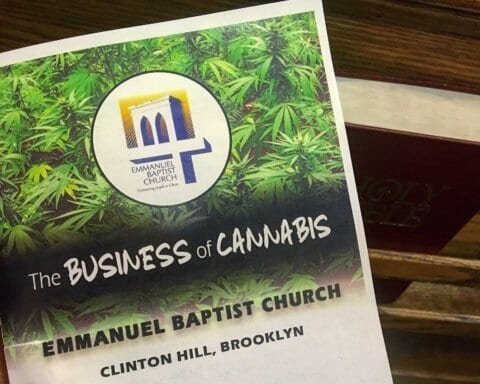
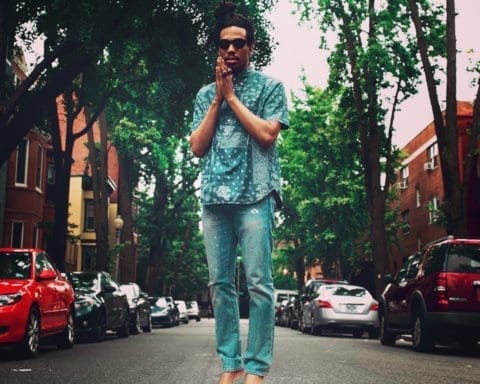
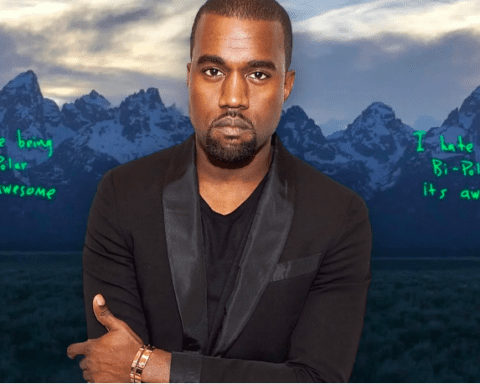
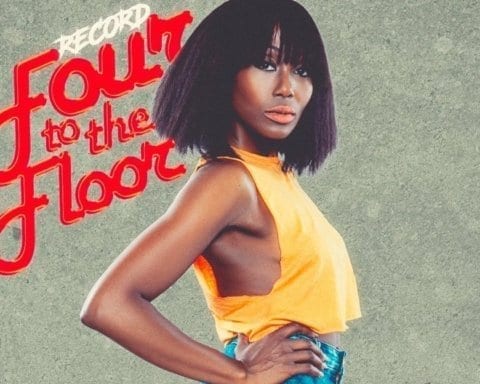
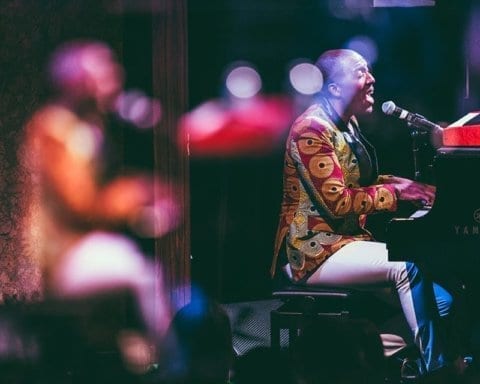
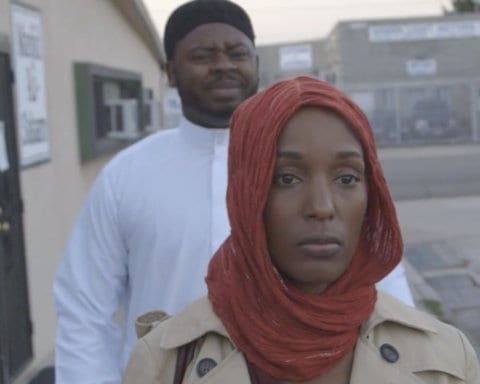



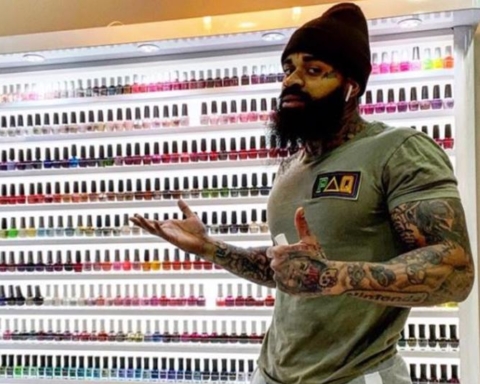
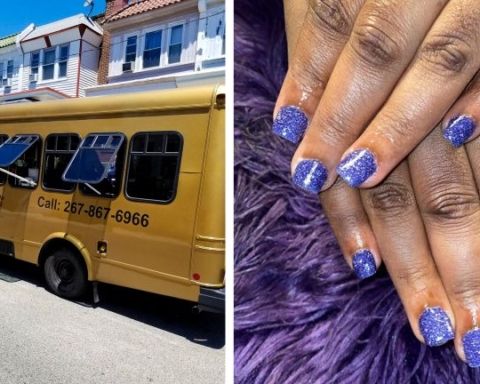
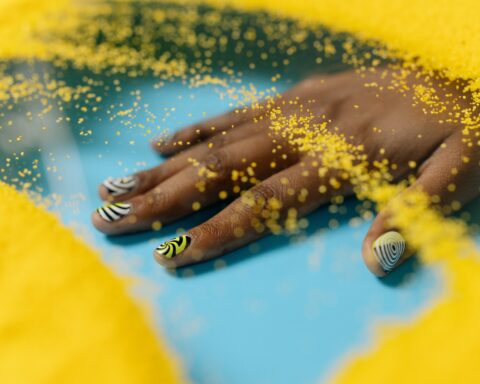
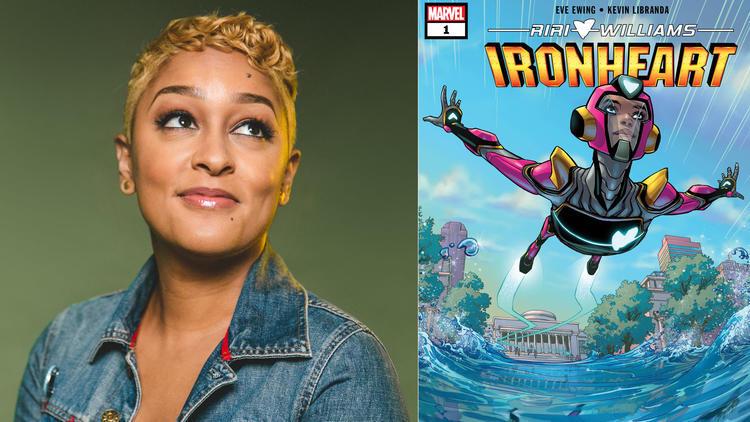
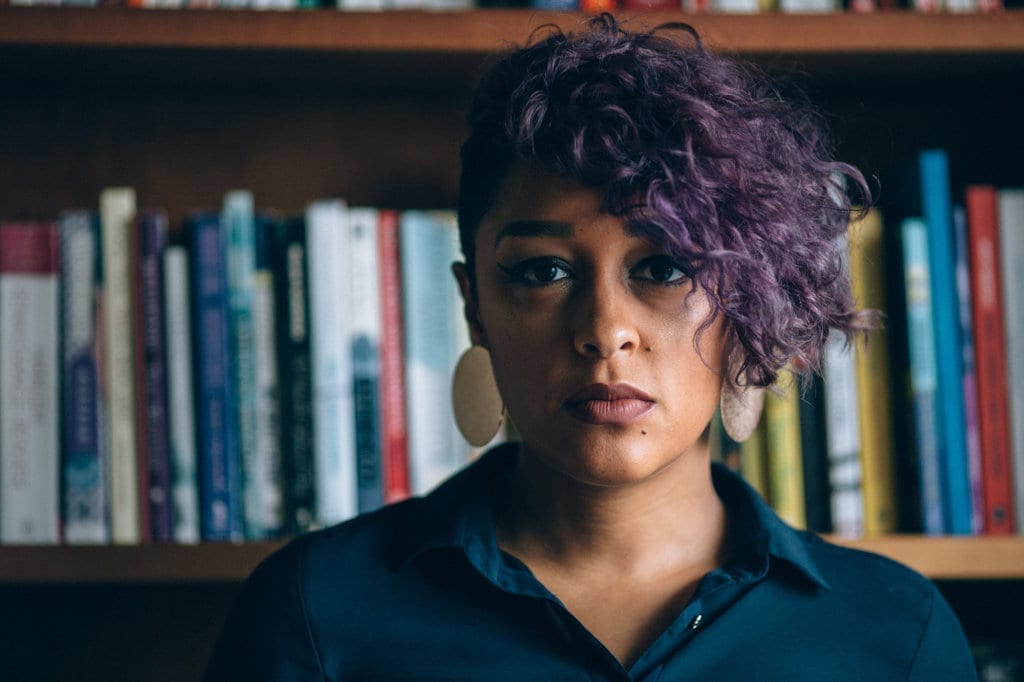
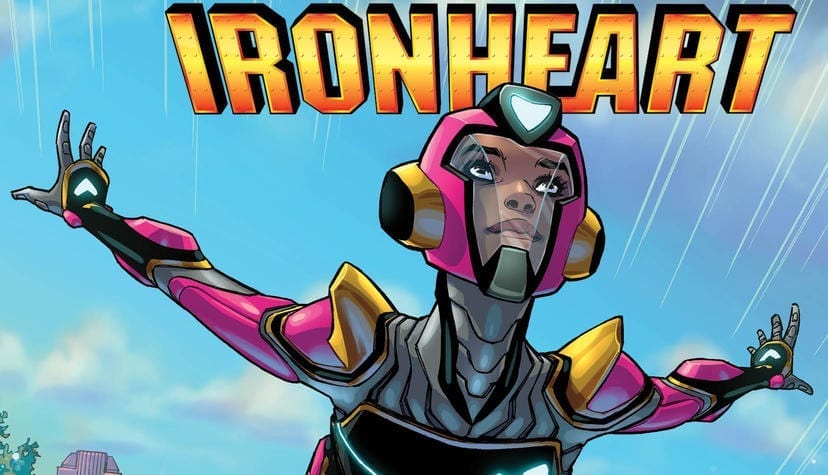
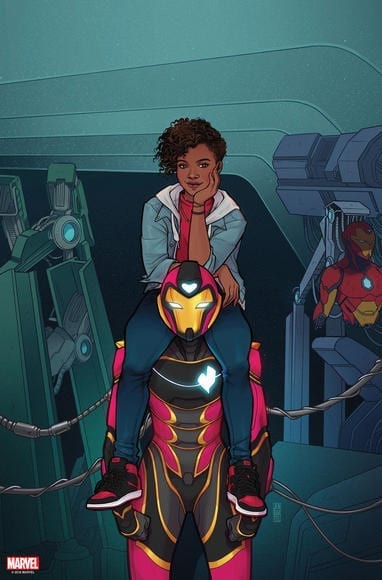
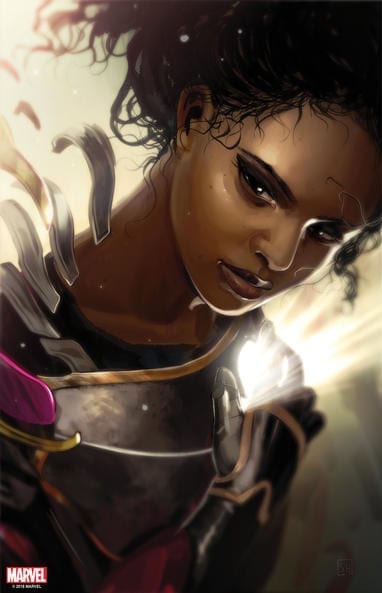

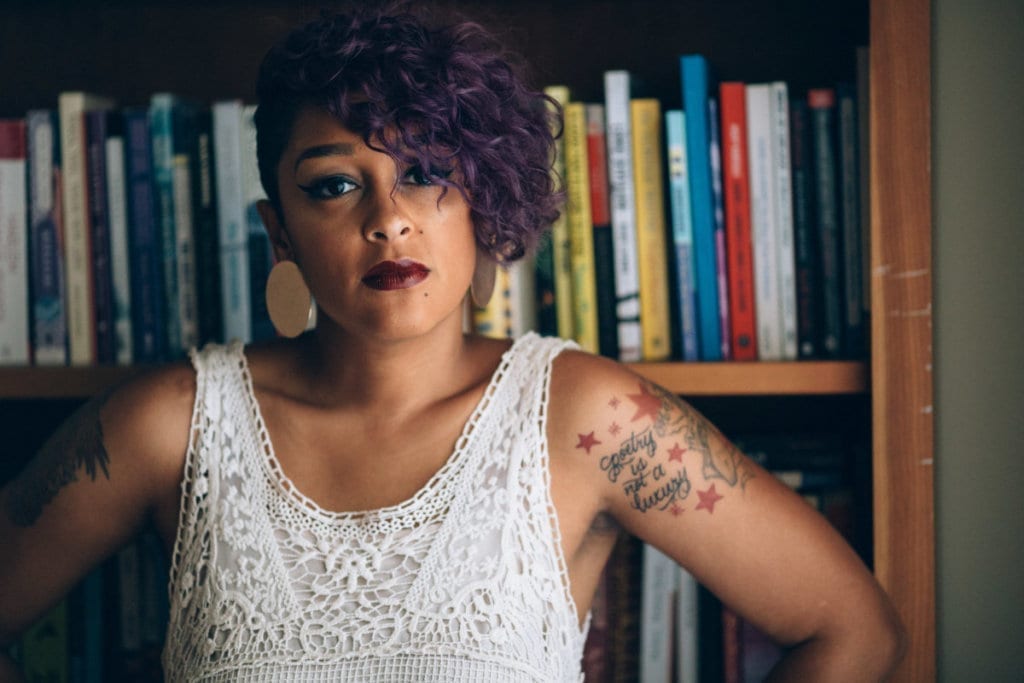

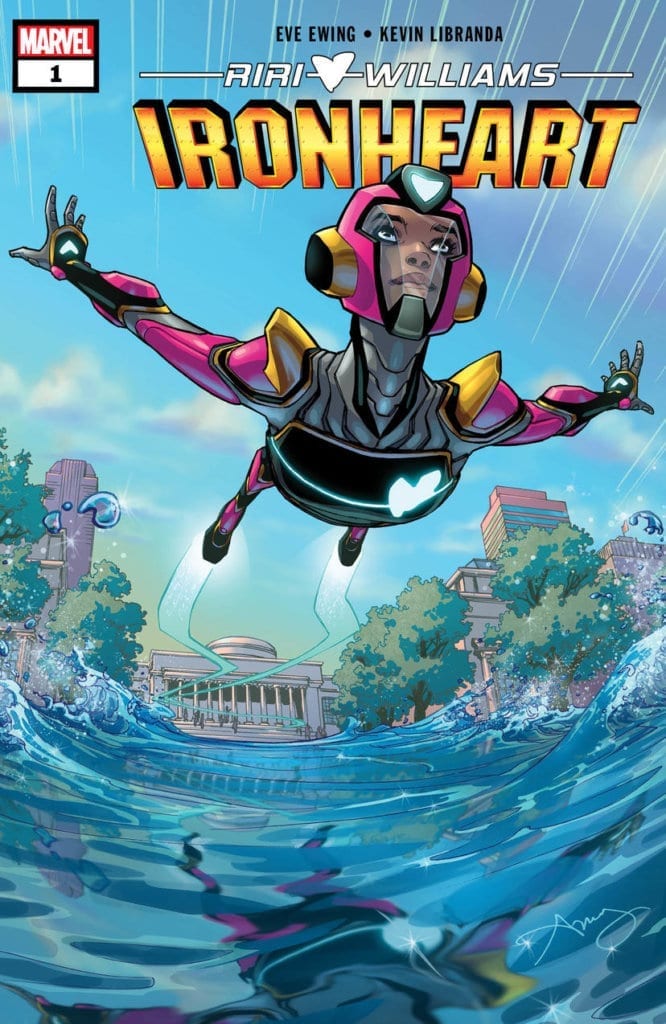
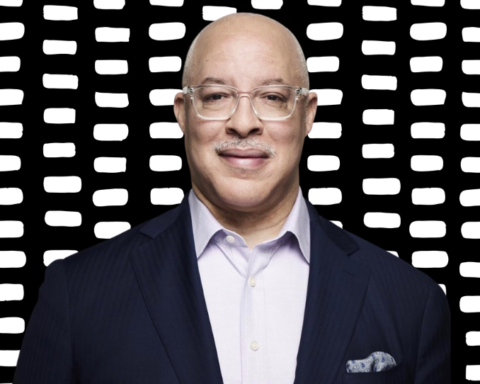
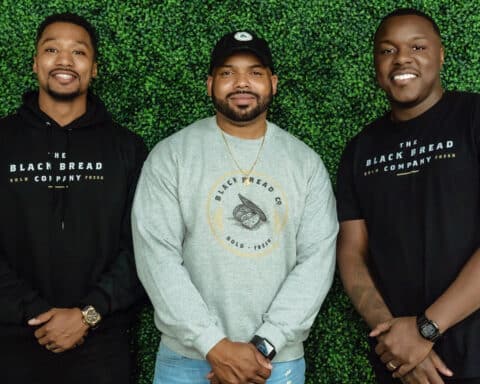
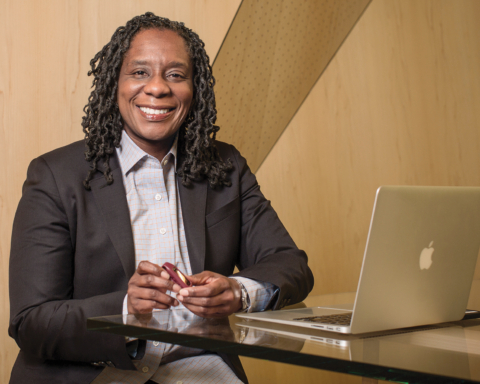

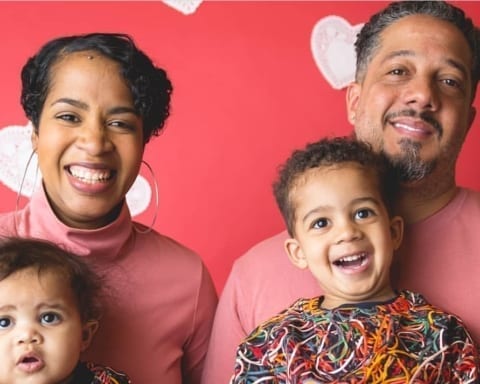
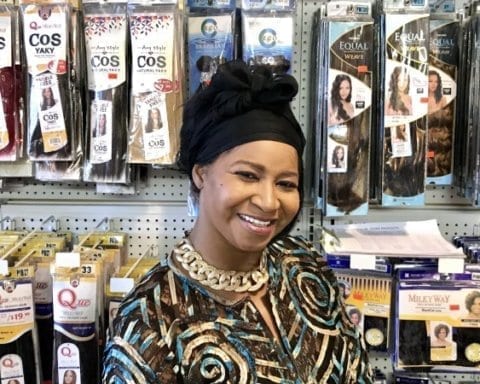
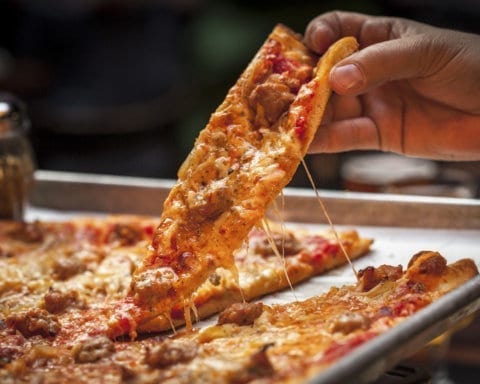
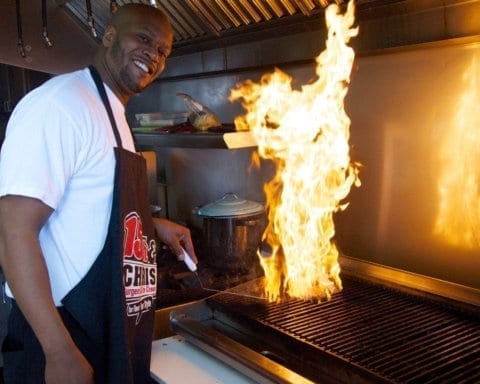

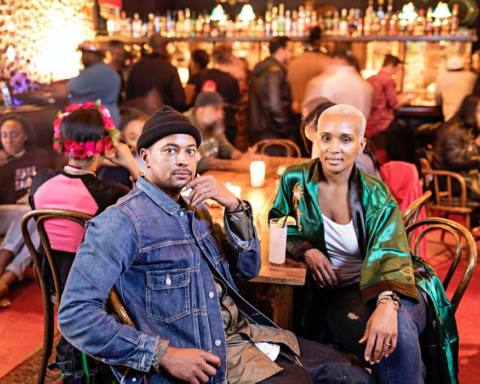
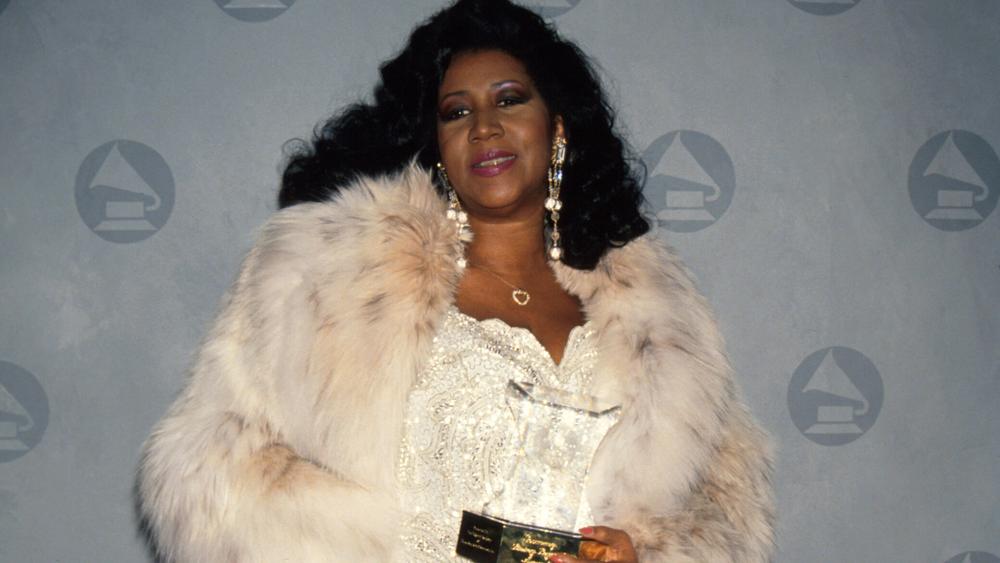
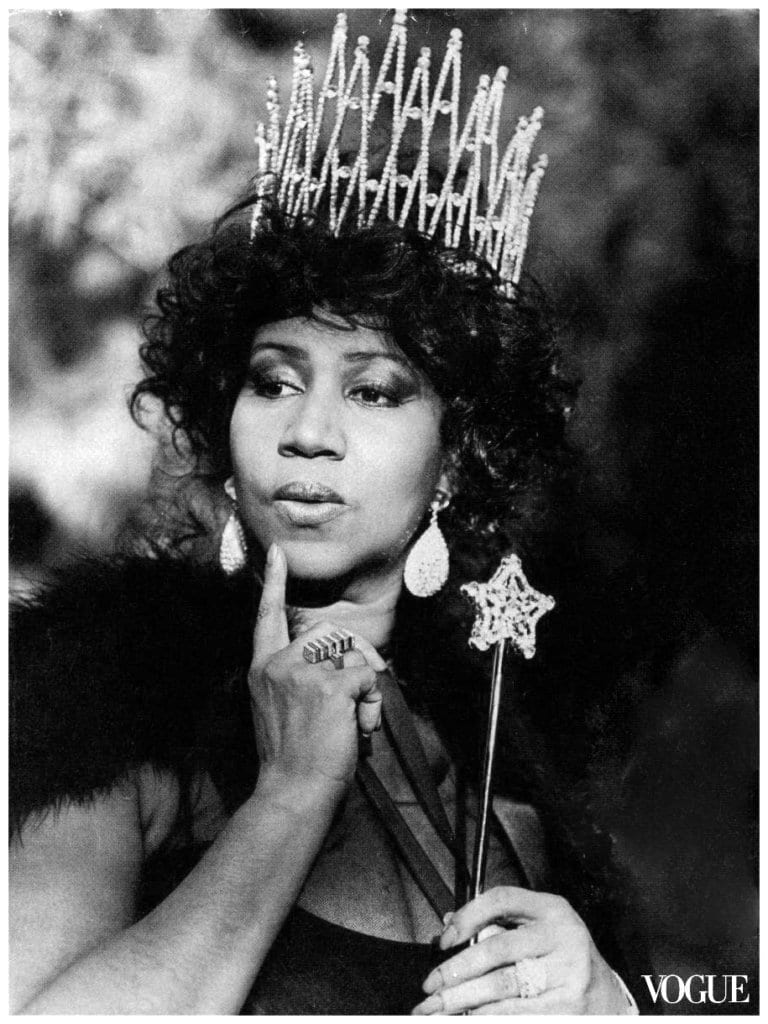
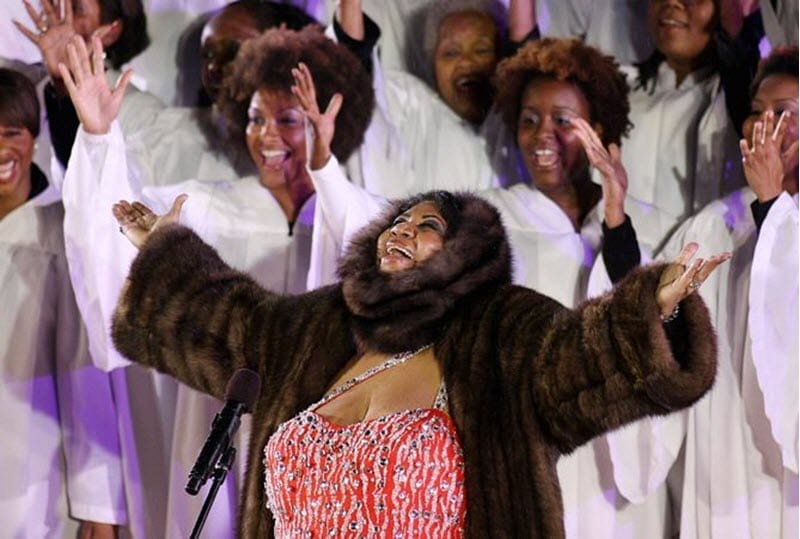
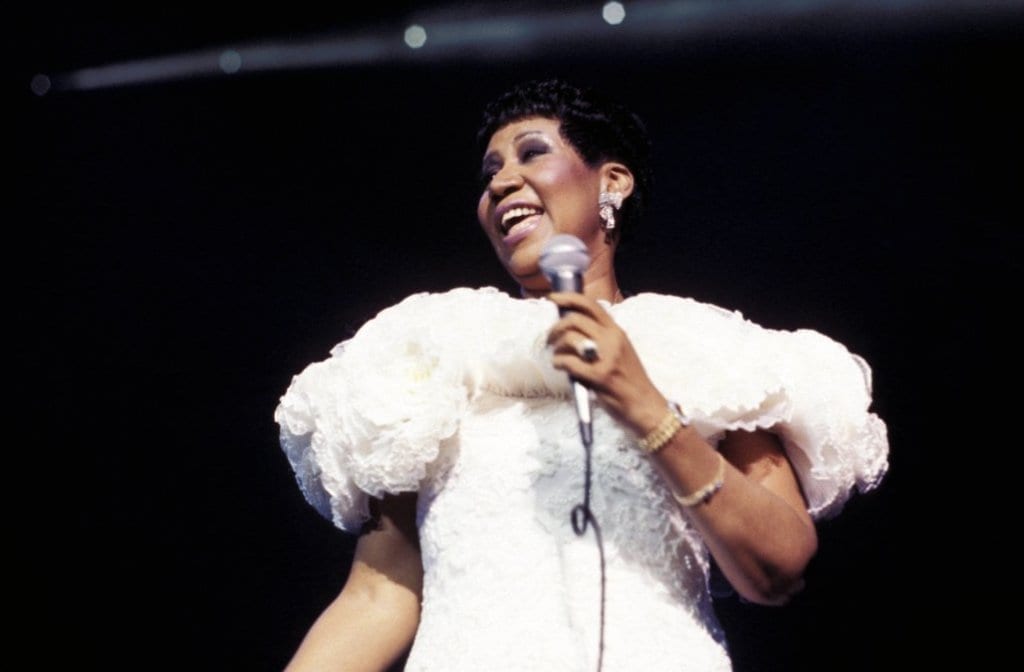

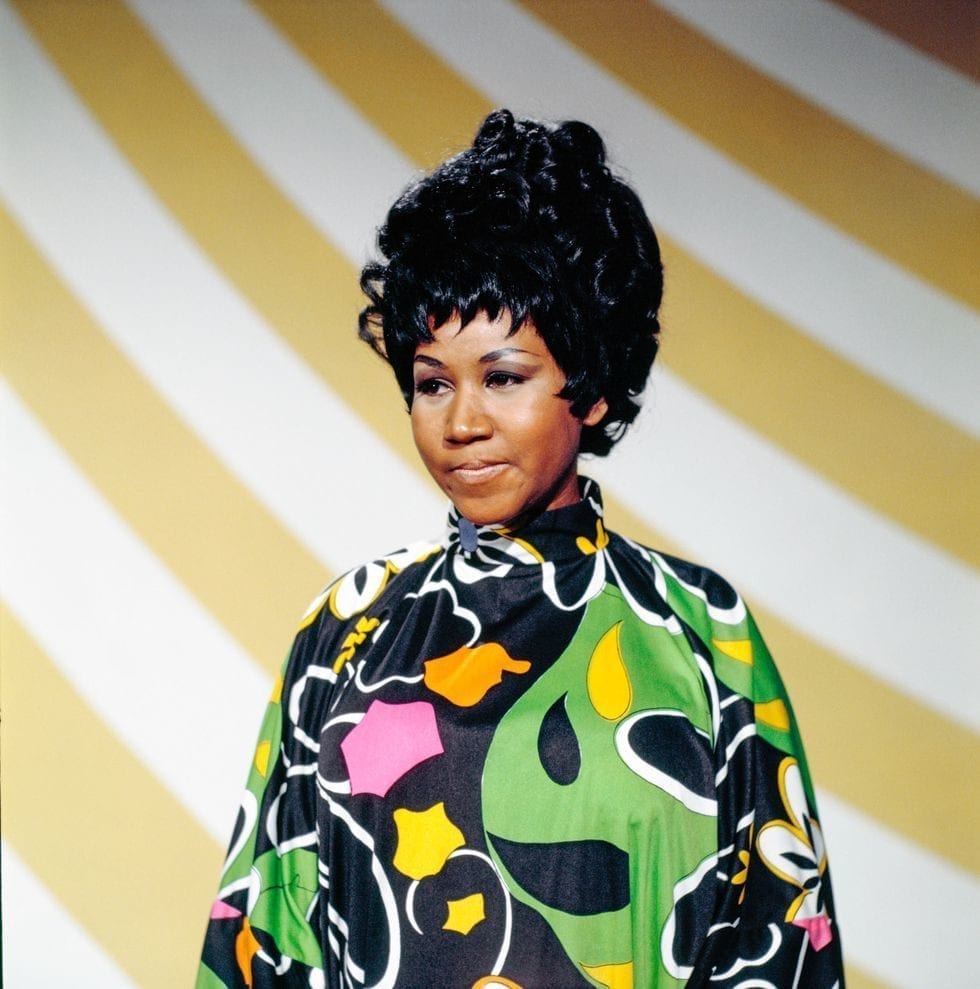
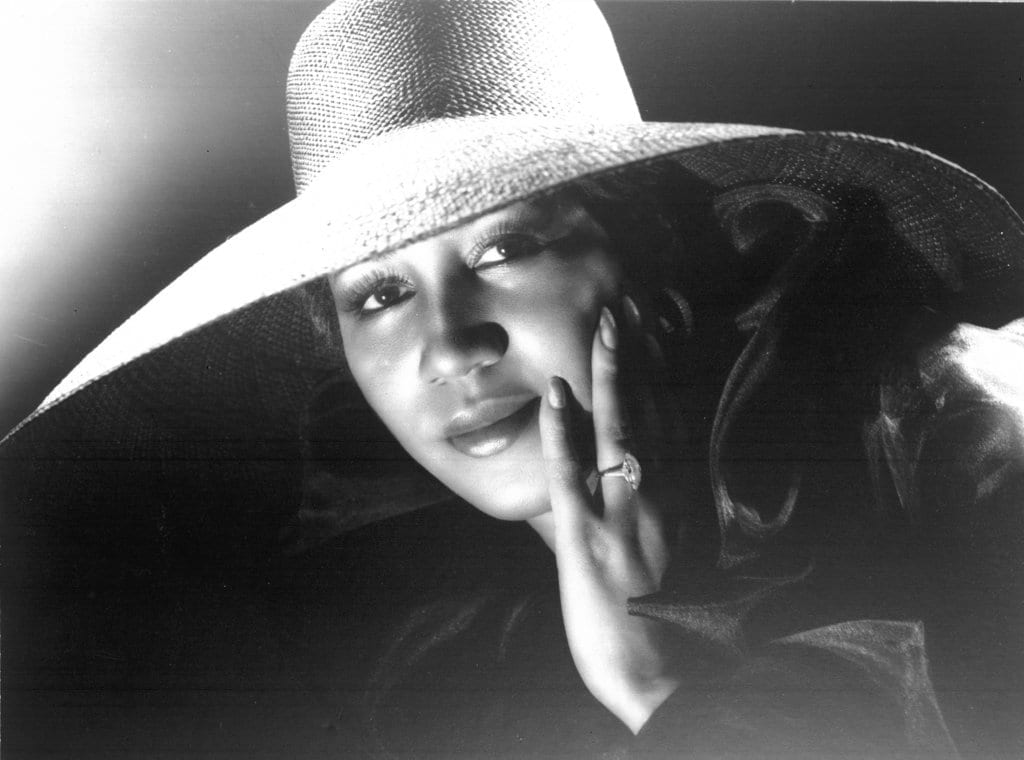
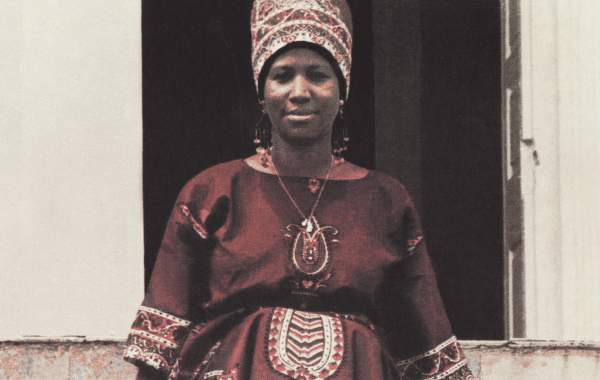
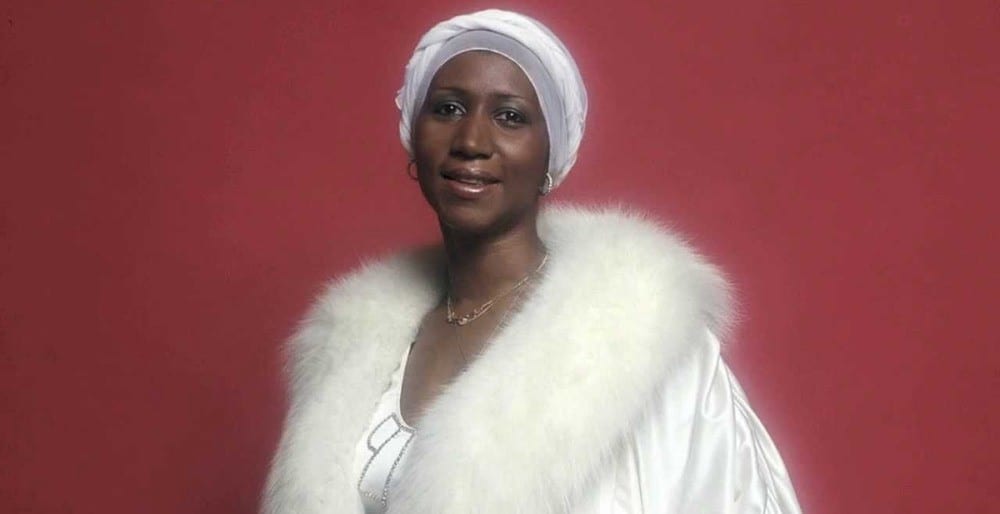
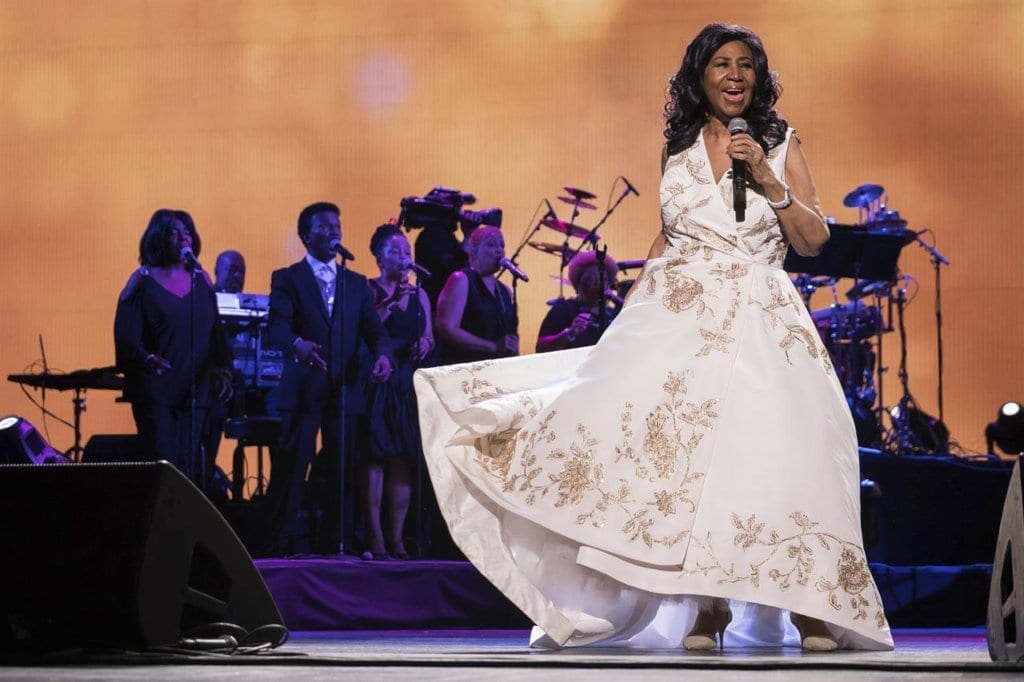
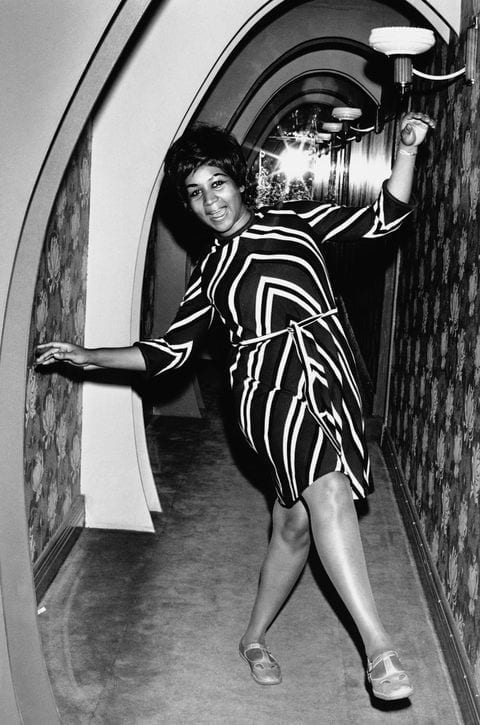
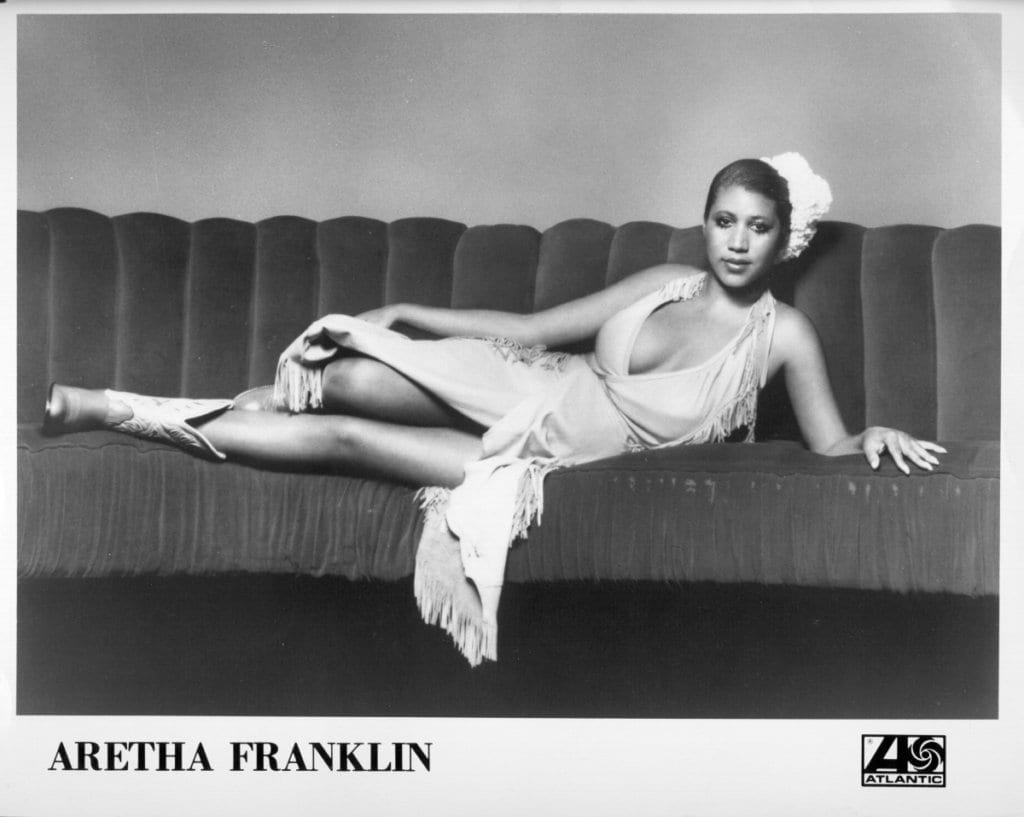
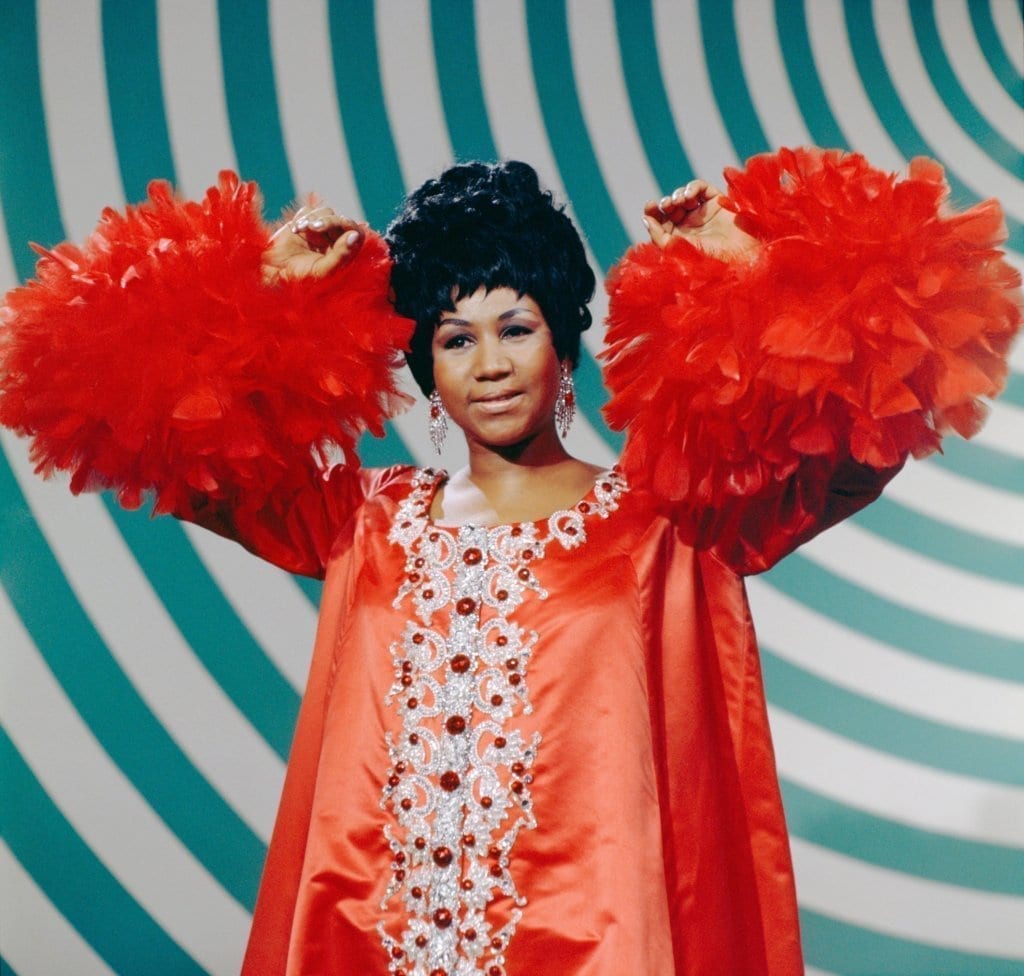

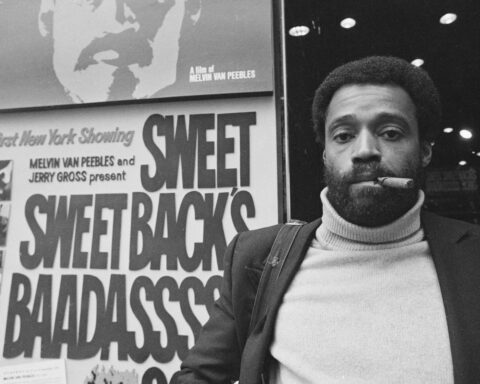
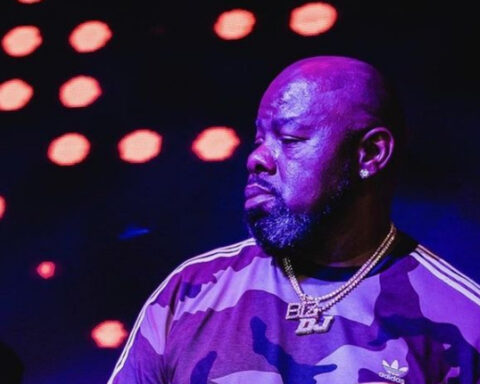
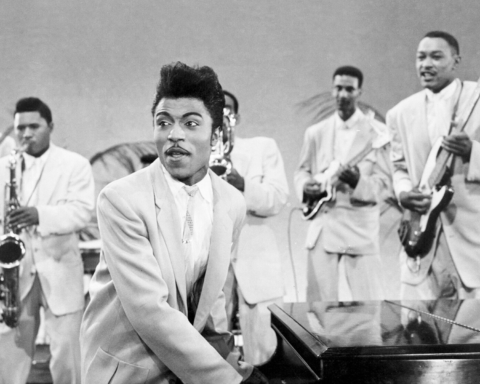
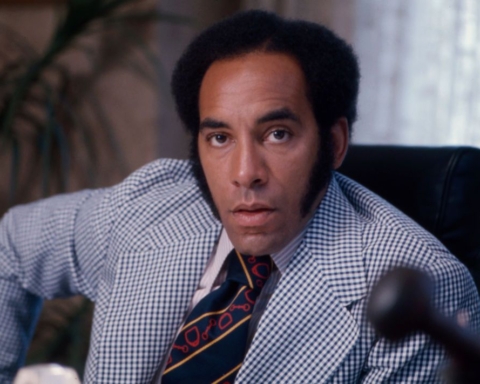
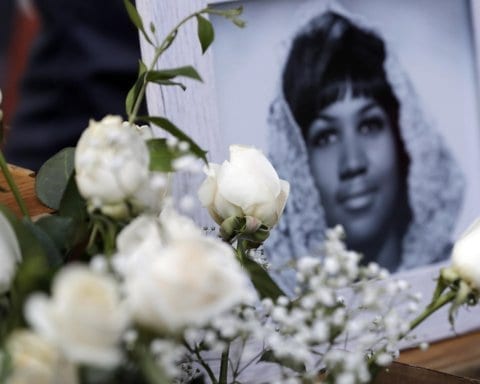
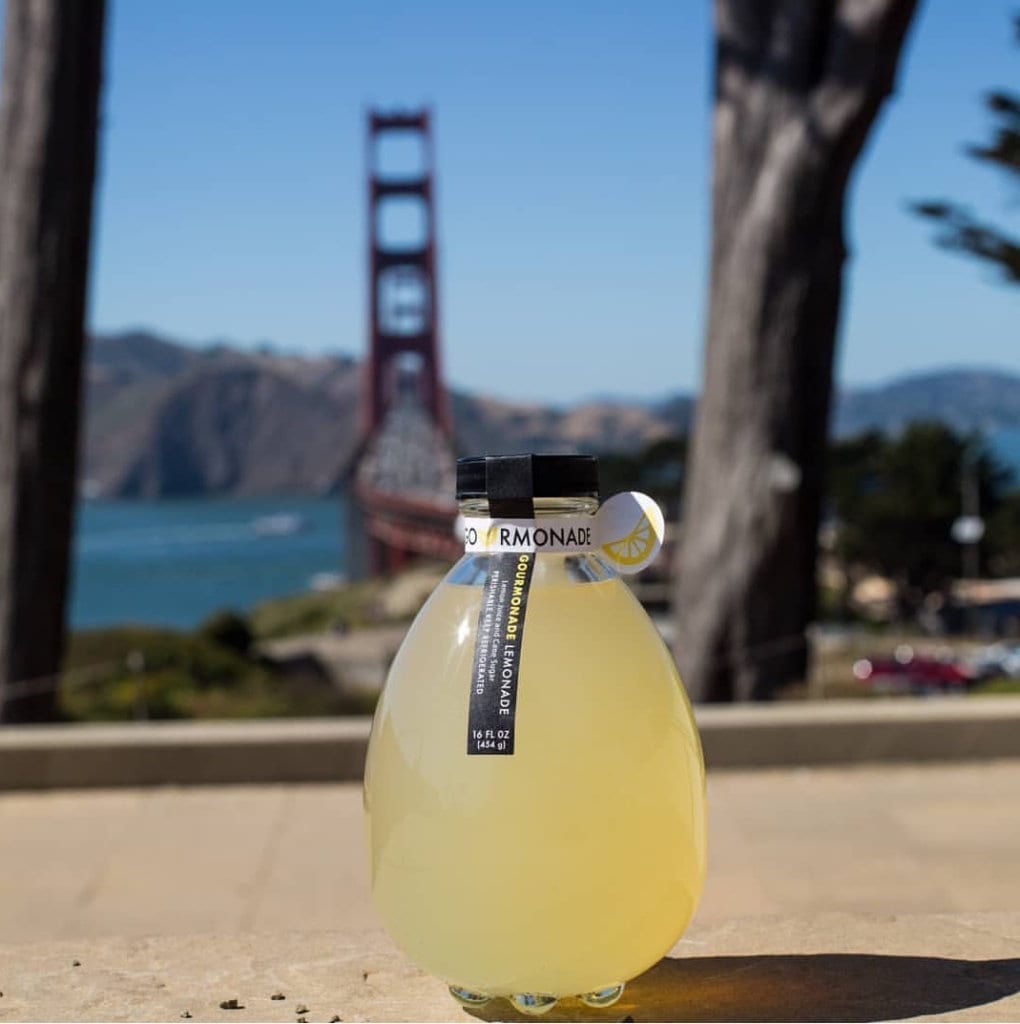
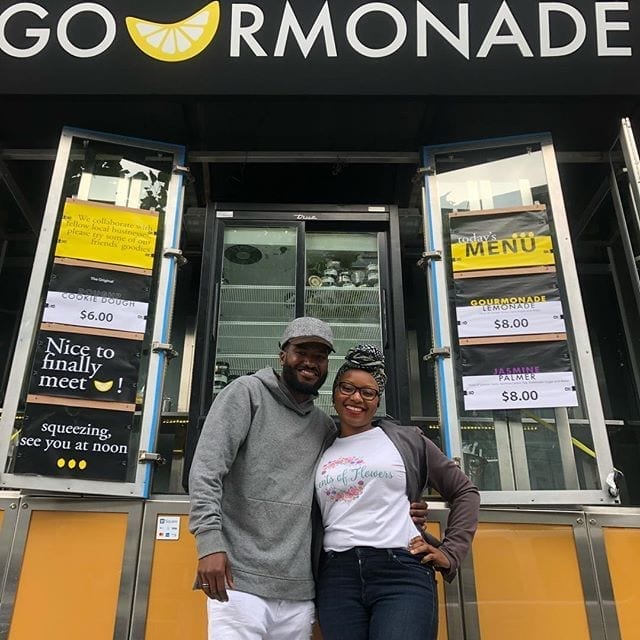
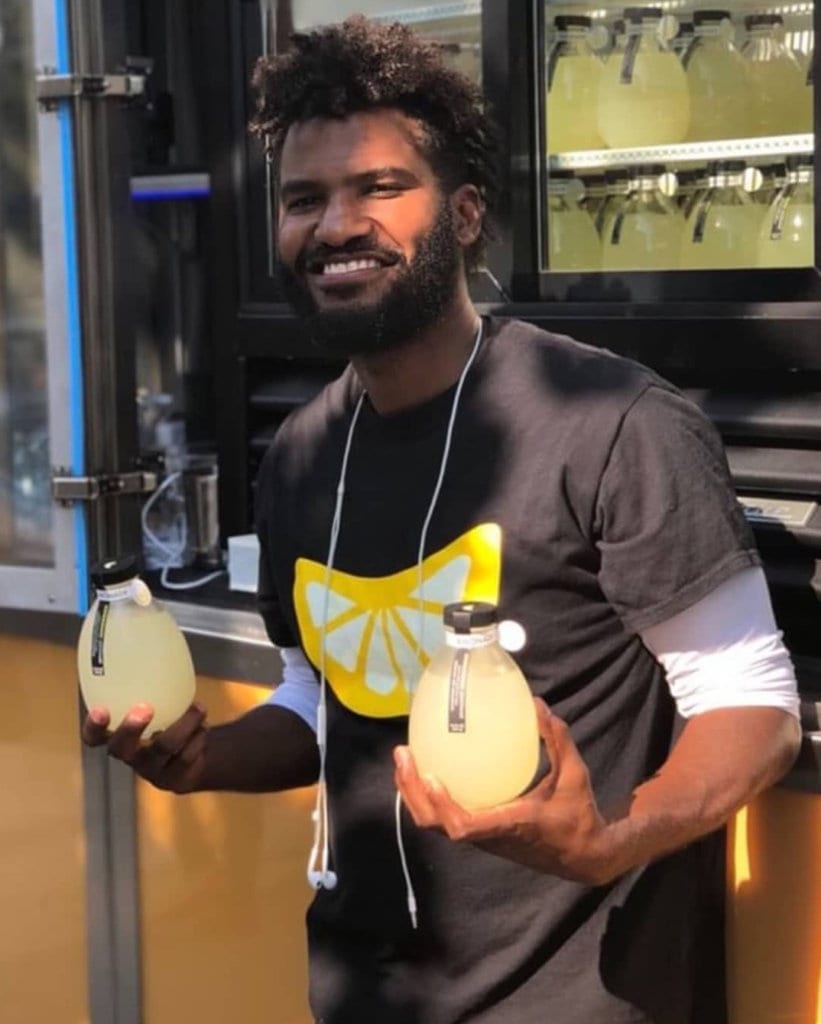
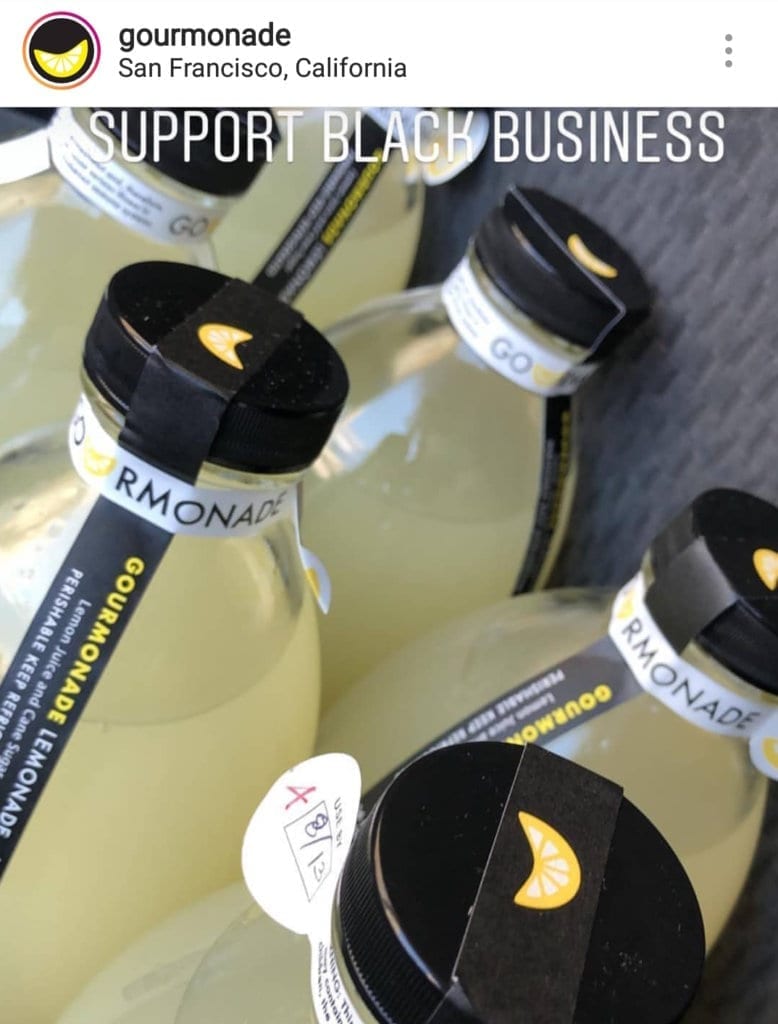
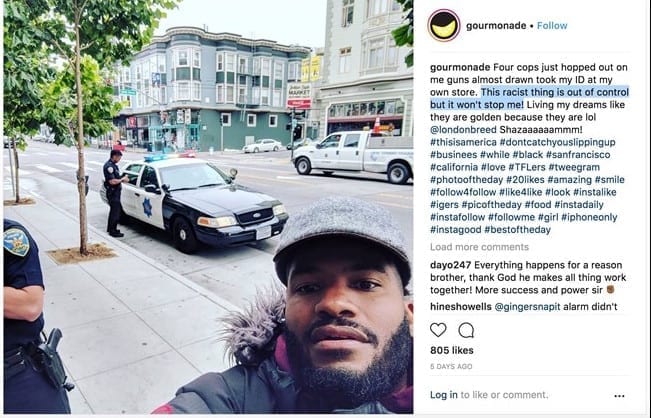
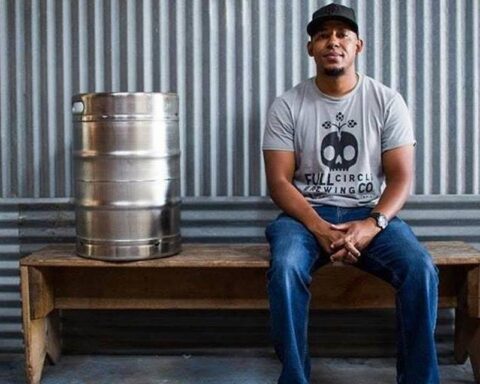
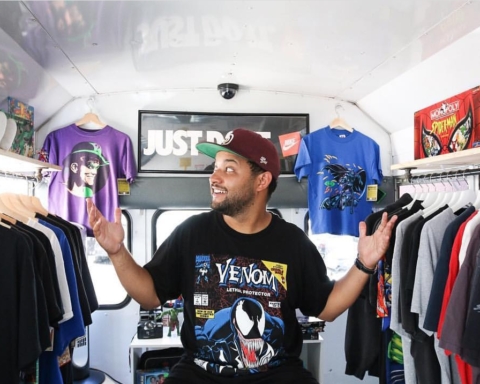
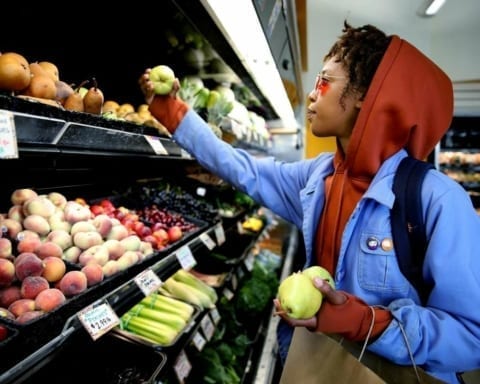
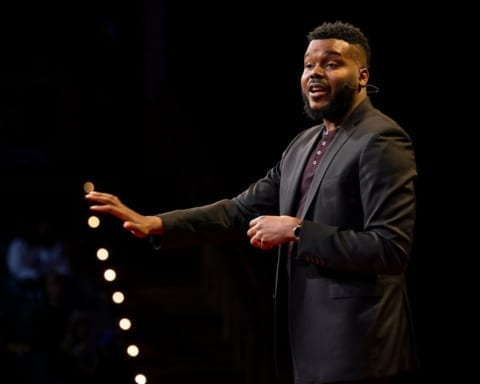


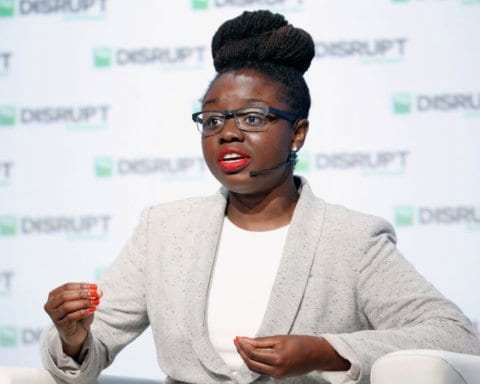
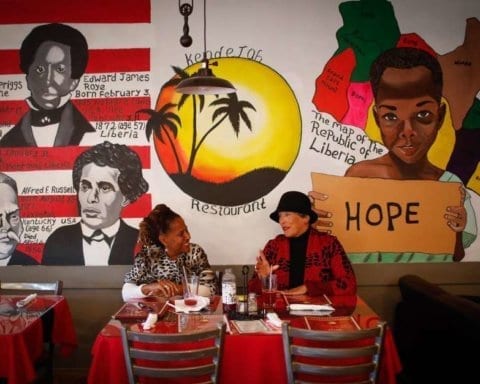
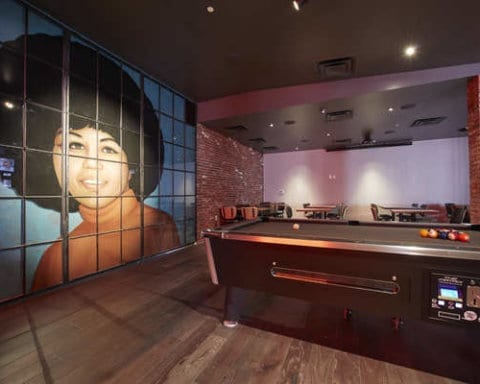
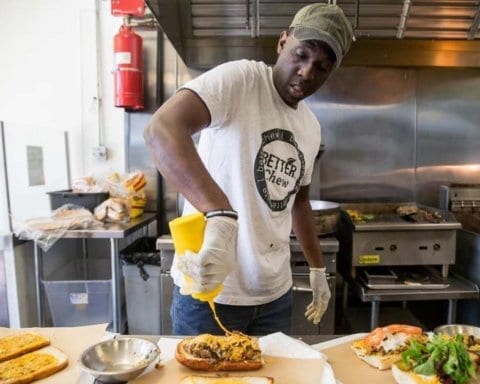
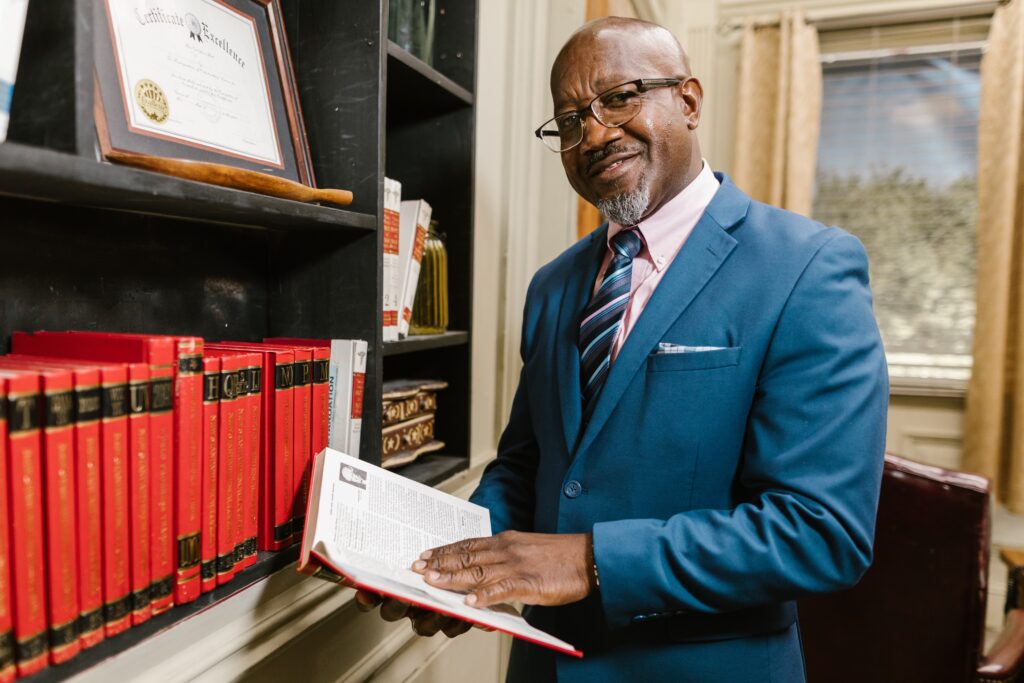
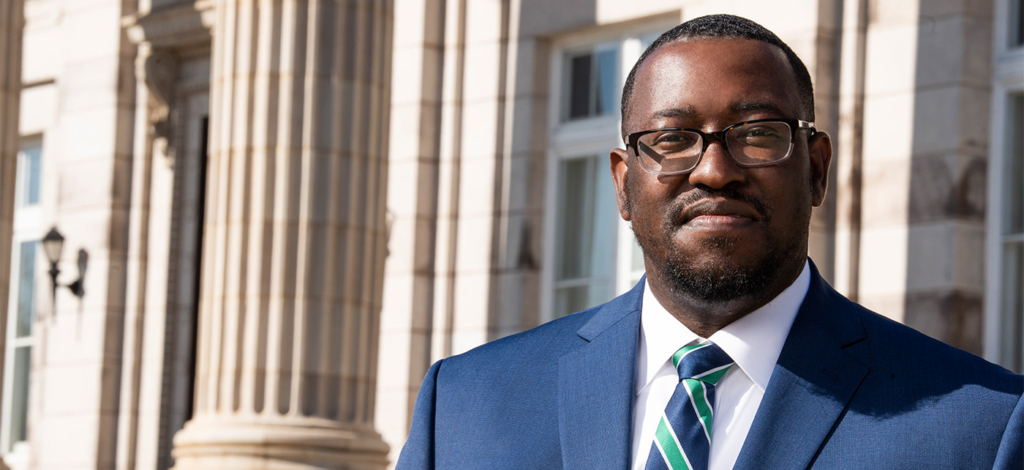
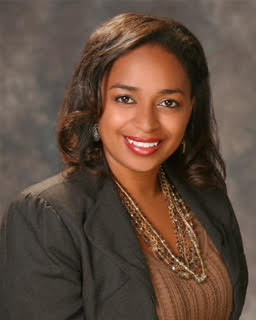
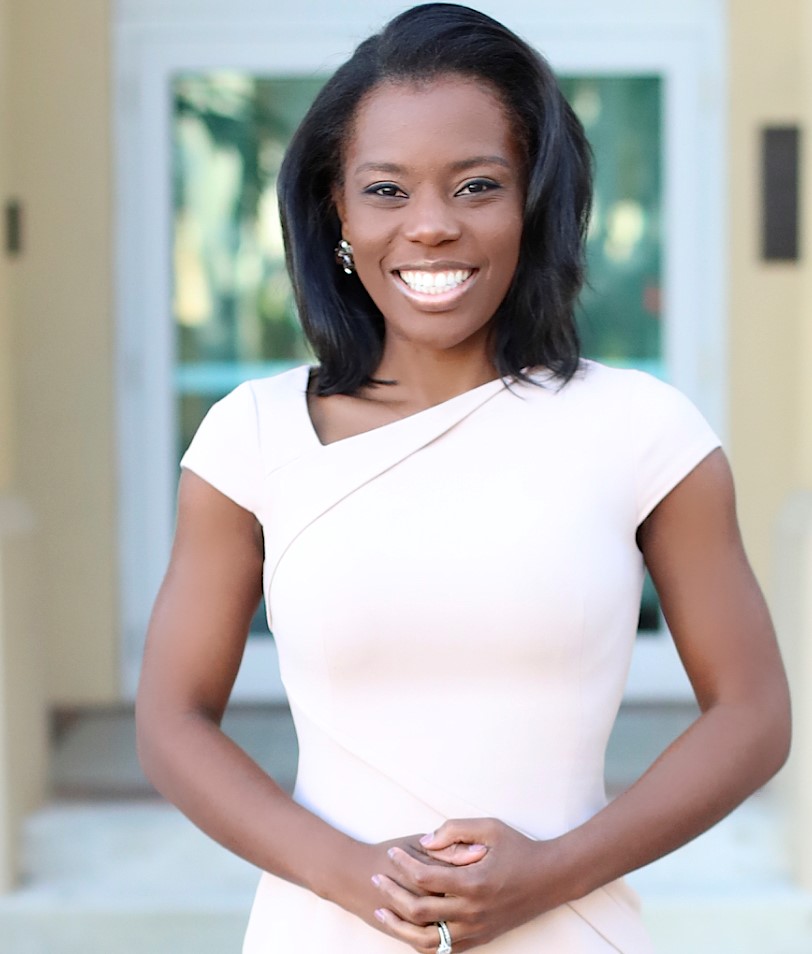
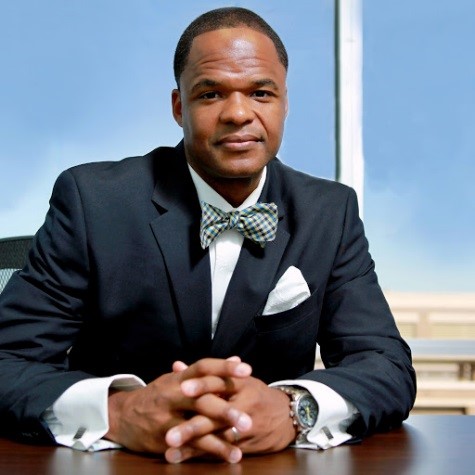
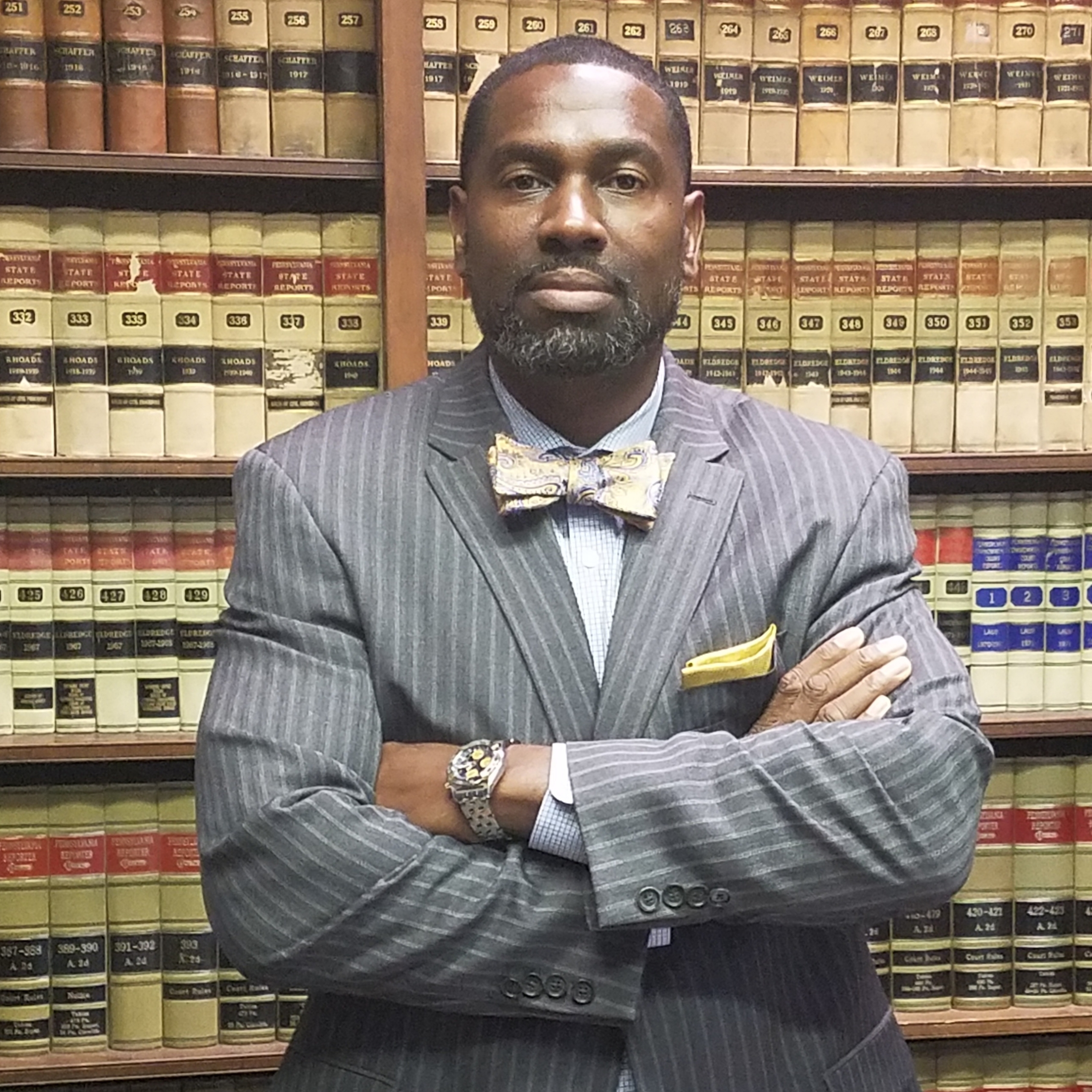
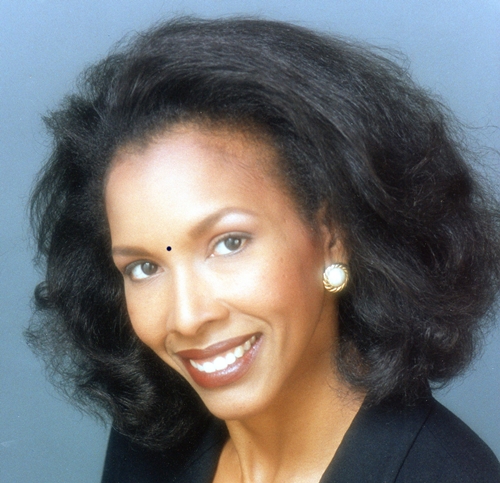
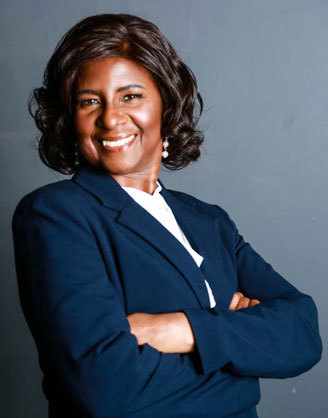
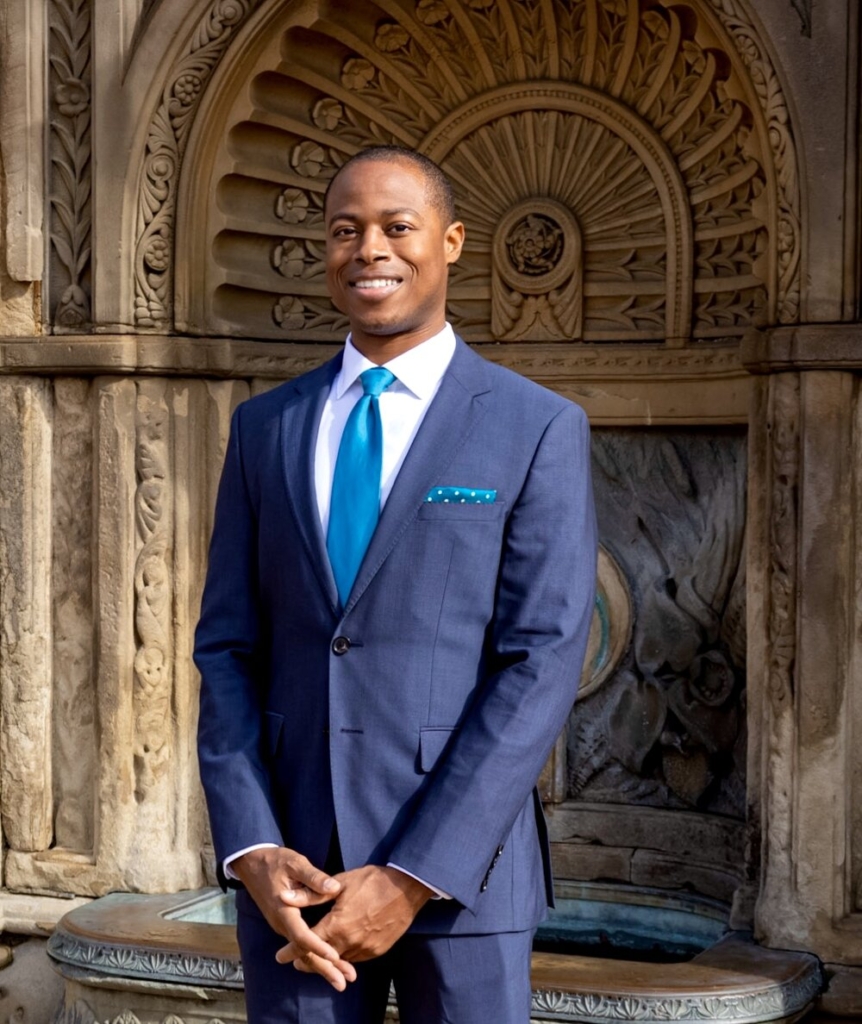
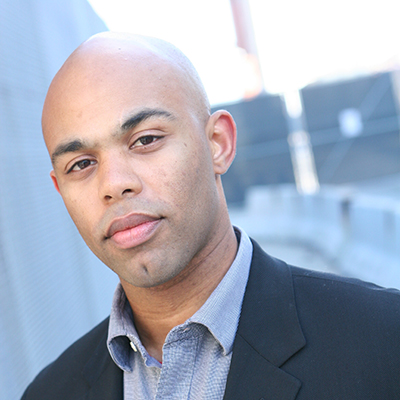
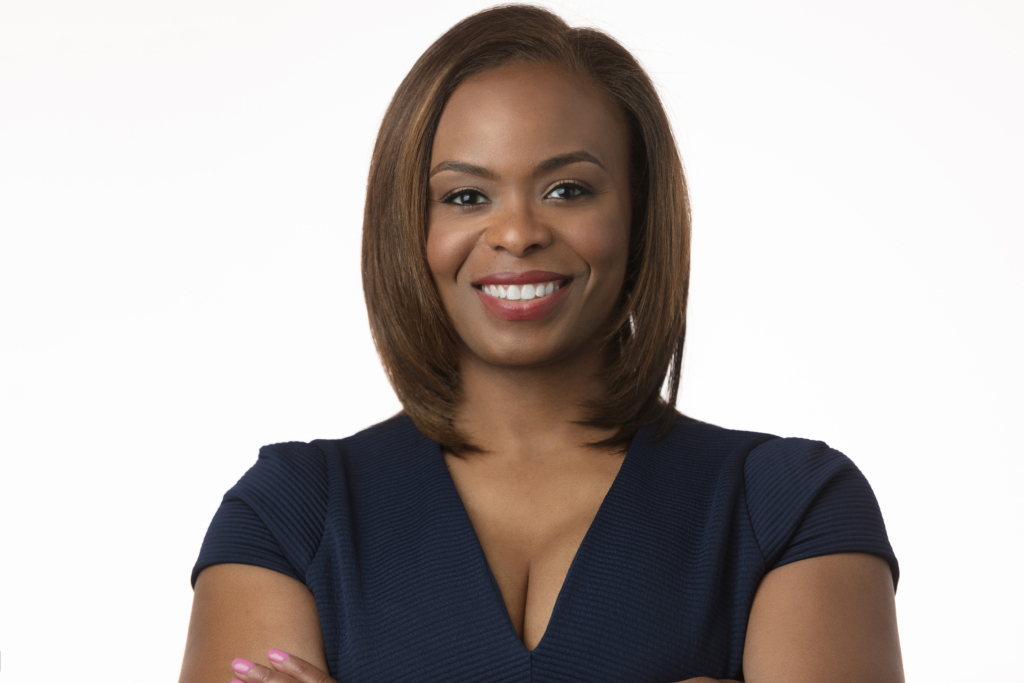
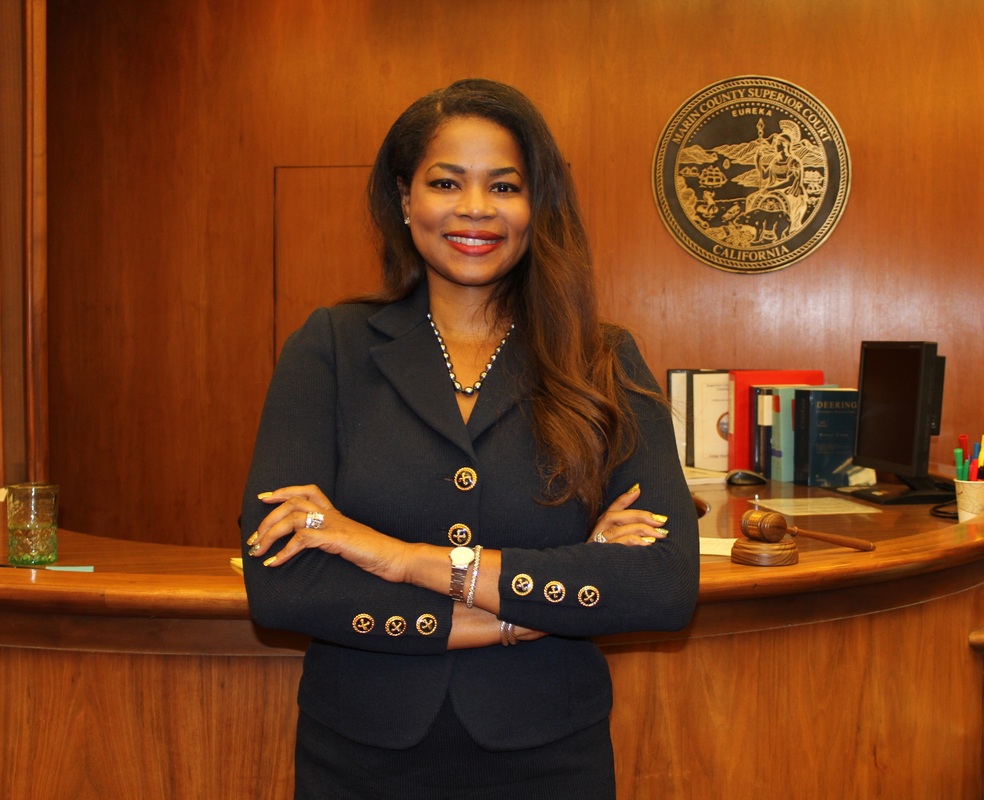
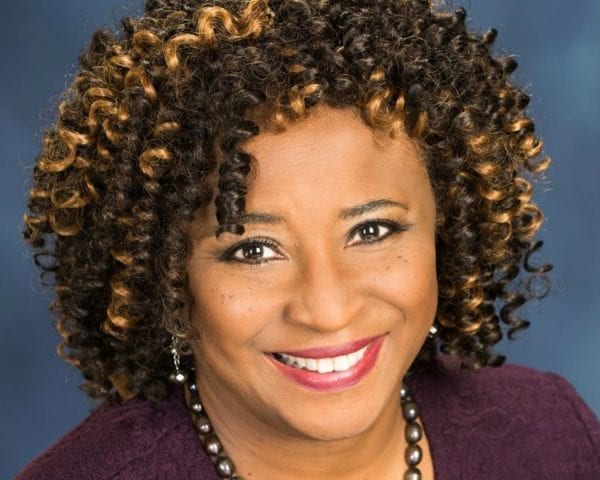



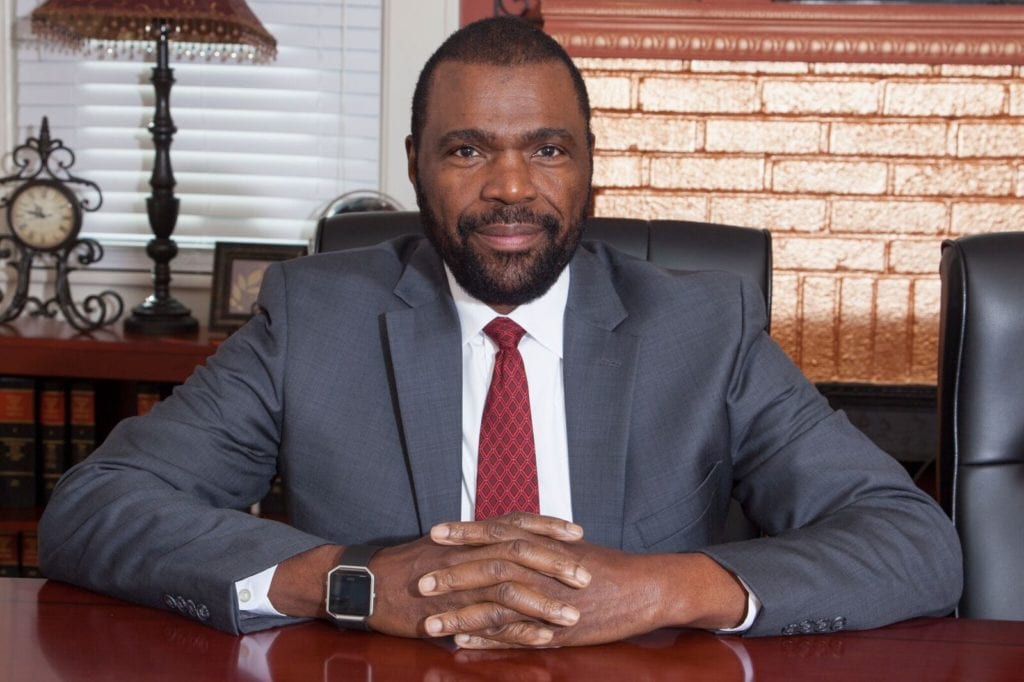


[1].jpg)

